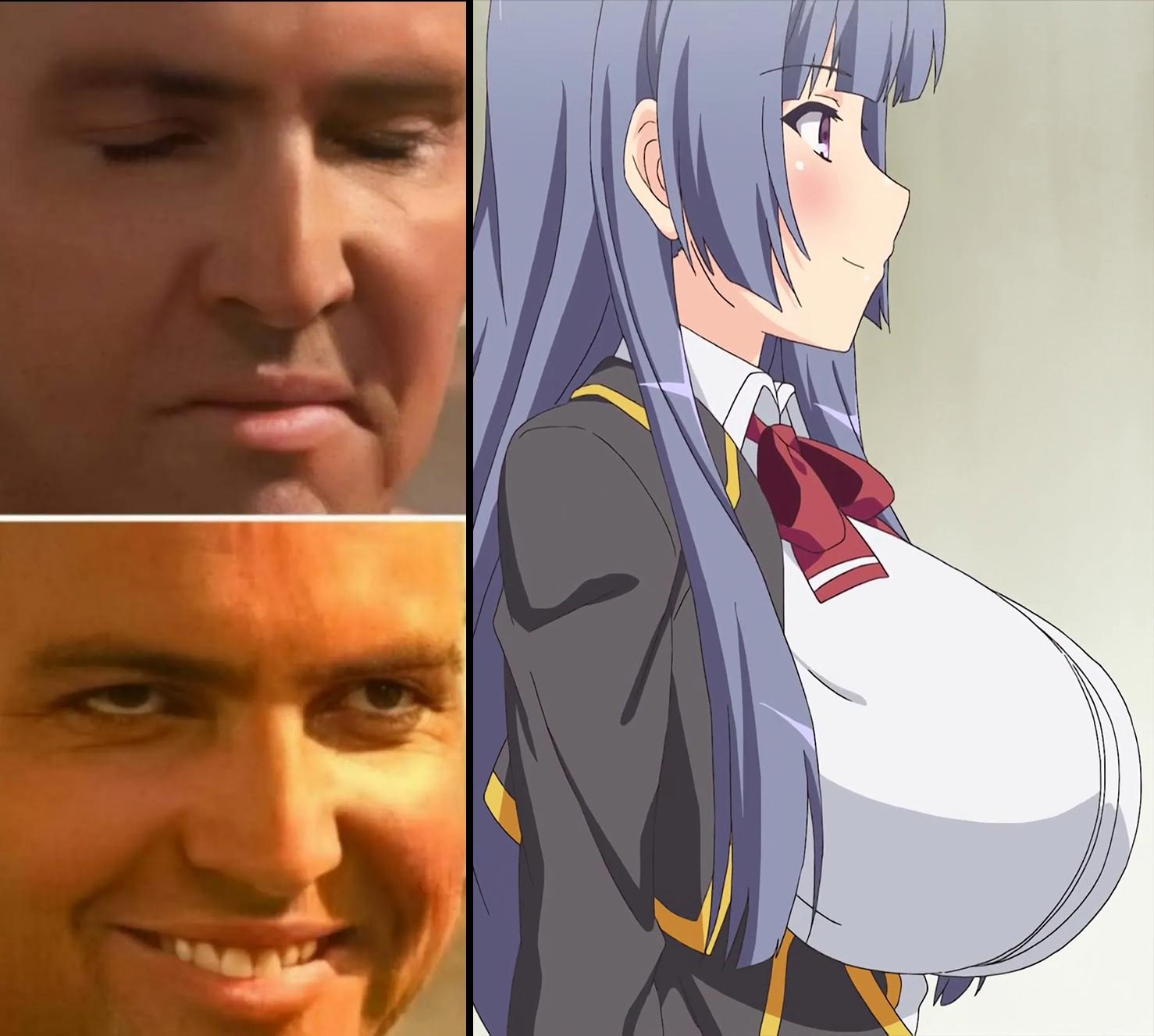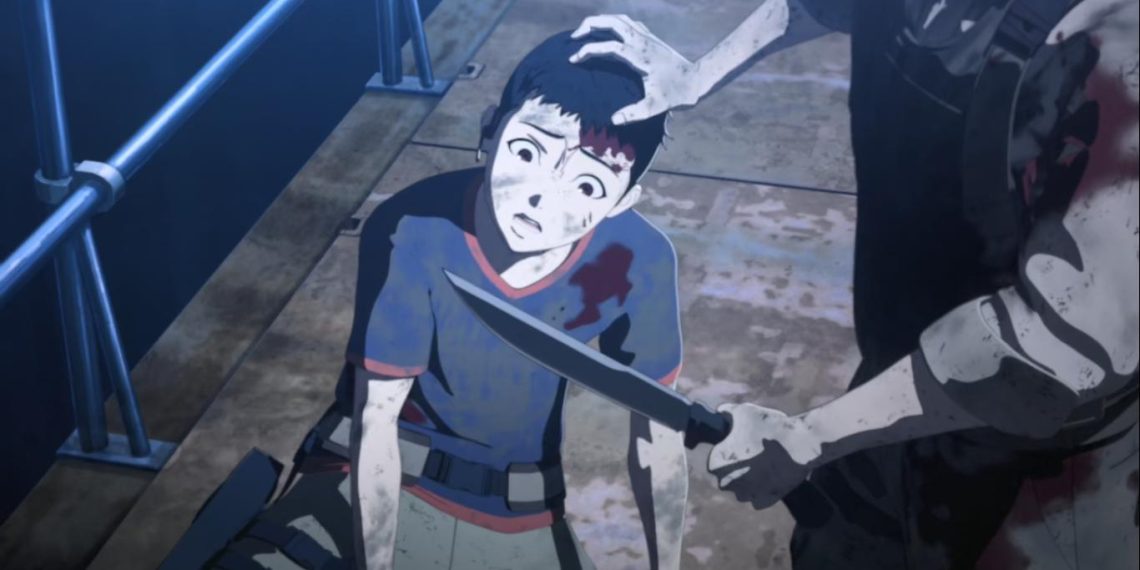Anime has captured the hearts of millions everywhere with its rich narratives, vibrant characters, and stunning visuals. However, within this vast area of creativity, certain titles exist that have stirred controversy, sparked debates, and faced scrutiny for their depiction of sensitive themes and problematic content.
From graphic violence and sexualization to themes of abuse and exploitation, these anime push the boundaries of what is considered acceptable, prompting discussions about ethics, representation, and the impact of media on society.
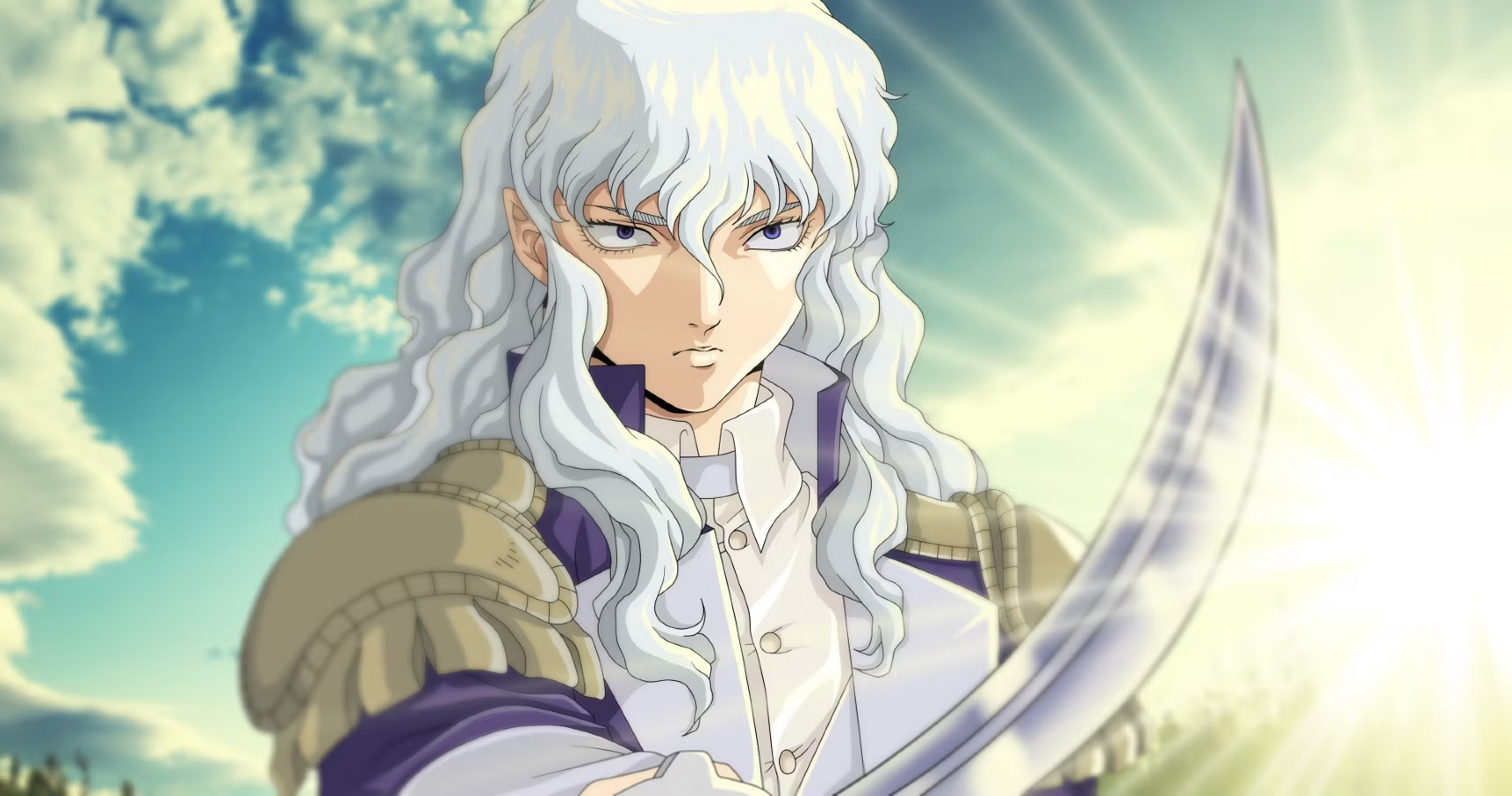
In this list, we talk about the Top 25 Most Problematic Anime of All Time, examining their narratives, themes, and production contexts to shed light on the complexities of their reception and the challenges they pose to audiences and critics alike.
Whether celebrated for their bold storytelling or criticized for their controversial content, these anime invite us to confront uncomfortable truths and grapple with the complexities of art, morality, and censorship.
1) Sword Art Online:
The Anime follows players that experience the virtual reality MMORPG of Sword Art Online, only to discover they are unable to log out. Trapped inside the game by its creator, they must face its challenges and battles, facing life-or-death situations.
Kirito, one of the players, takes on the perilous journey to clear the game and free everyone trapped within, while forming bonds and relationships along the way.
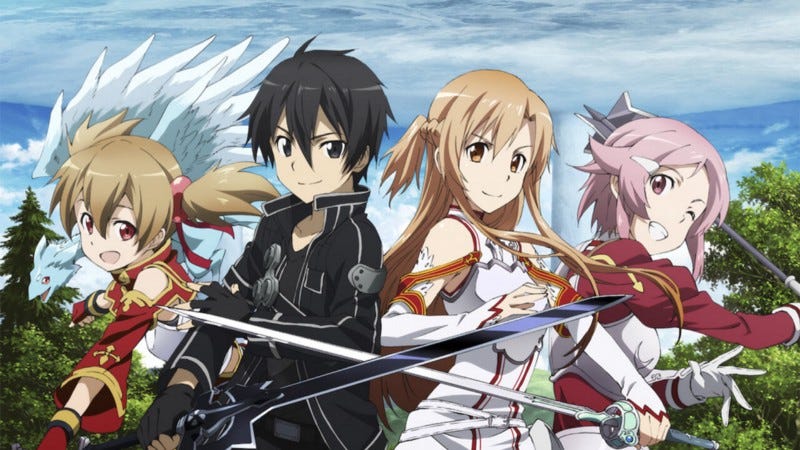
Criticized for its portrayal of female characters as one-dimensional and reliant on the male protagonist for validation, perpetuating gender stereotypes and objectification. Additionally, the series has been accused of having inconsistent pacing and narrative structure, leading to a lack of depth in character development.
2) Goblin Slayer
The Anime follows a young priestess joins forces with the mysterious Goblin Slayer, who is dedicated to exterminating goblins by any means necessary. Together with their party, they head on dangerous quests to get rid of these creatures, facing brutal violence and dark realities along.
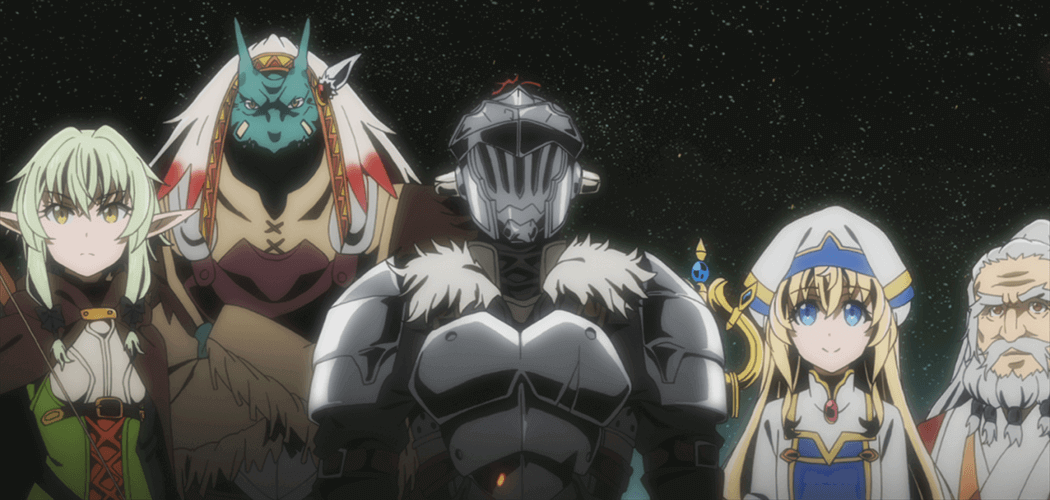
Infamous for its shock value and graphic depiction of sexual violence, particularly in the first episode featuring an extremely graphic scene that sparked widespread controversy and condemnation. The series has been criticized for its gratuitous use of violence and exploitation of dark themes for shock value rather than meaningful storytelling.
3) Eromanga Sensei
The Anime follows a High school student, Masamune Izumi discovers that his reclusive sister, Sagiri, is actually the popular online illustrator known as Eromanga Sensei. As they collaborate on creating light novels, their relationship becomes increasingly complex, blurring the lines between family, friendship, and romance.
The Anime draws criticism for its normalization of incestuous relationships and sexualization of underage characters, presenting taboo themes in a light-hearted and comedic manner that can be disturbing and uncomfortable for viewers.
The series has been accused of perpetuating harmful stereotypes and fetishization of inappropriate relationships.
4) School Days
Makoto Itou, an average high school student, becomes entangled in a web of romantic relationships with his classmates, leading to jealousy, betrayal, and tragedy. As his love interests grow, so does the tension, ultimately resulting in a shocking and violent conclusion.
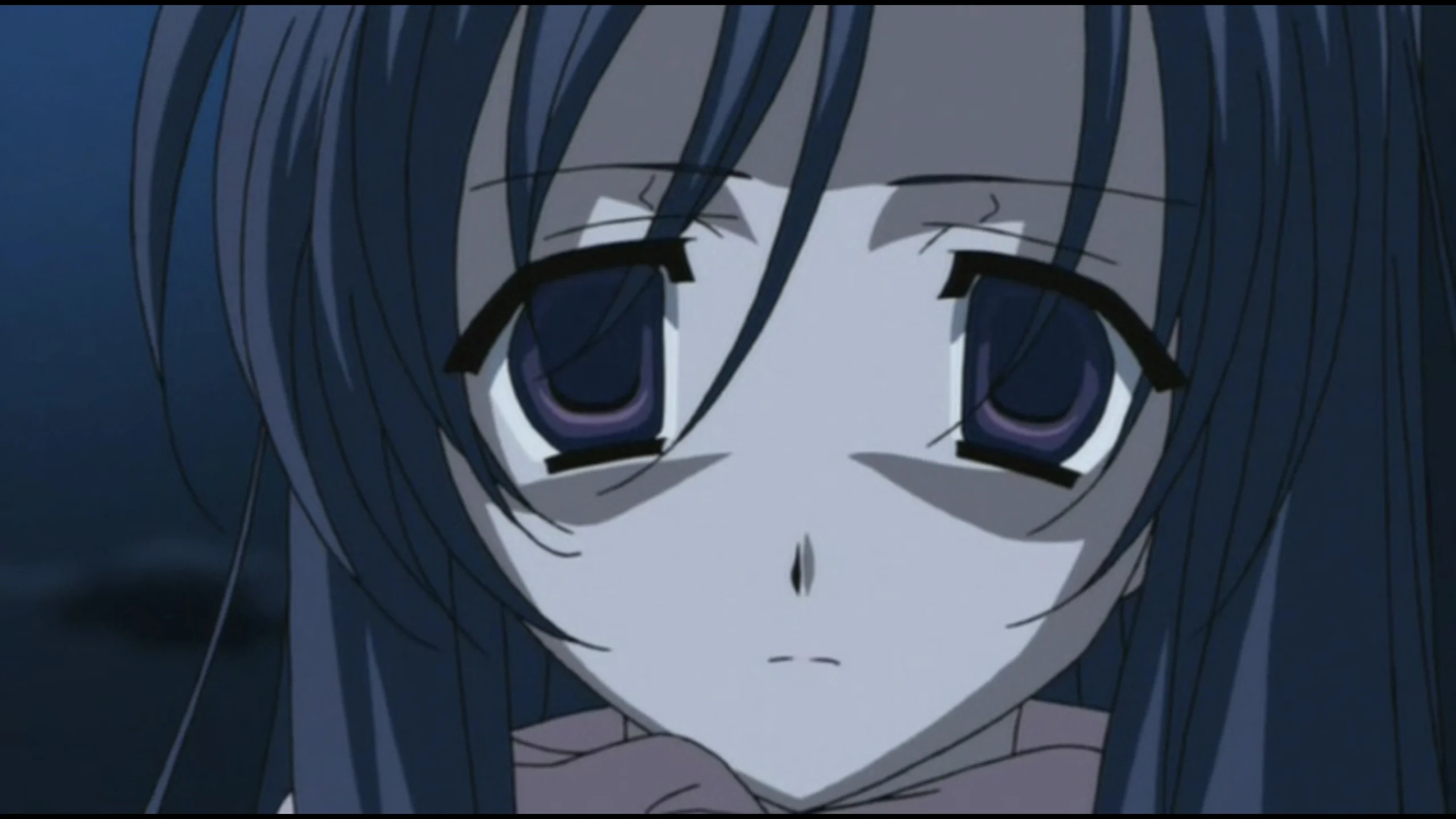
The Anime is notorious for its dark and nihilistic portrayal of teenage relationships, culminating in a shocking and violent conclusion that glorifies toxic behavior. The series has been criticized for its graphic depiction of manipulation, betrayal, and emotional abuse, leaving a disturbing and unsettling impression on viewers.
5) Darling in the Franxx
In a post-apocalyptic reality overrun by colossal creatures known as Klaxosaurs, humanity’s survival depends on young pilots who control Franxx, giant mechs designed to combat these monsters.
Among them is Hiro, a former prodigy who teams up with a mysterious girl named Zero Two to pilot the powerful Strelizia and uncover the truth behind their existence.
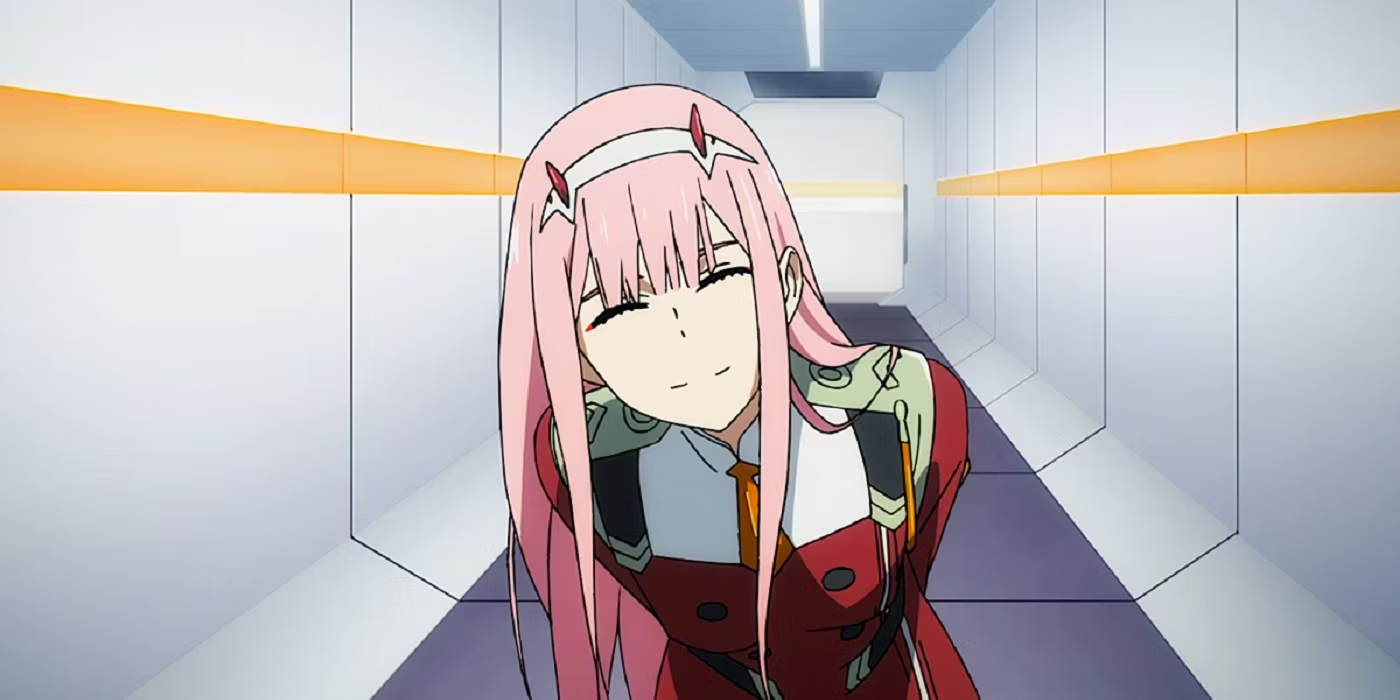
Accused of romanticizing unhealthy relationships and sexualizing teenage characters, this Anime does this particularly through its use of fan service and problematic character dynamics.
The series has been criticized for its shallow characterization and reliance on sexual themes rather than meaningful storytelling, perpetuating harmful stereotypes and tropes.
6) Death Note
When high school student Light Yagami discovers a mysterious notebook that grants him the power to kill anyone whose name he writes in it, he sets out on a quest to get rid of criminals and create a utopian society under his rule.
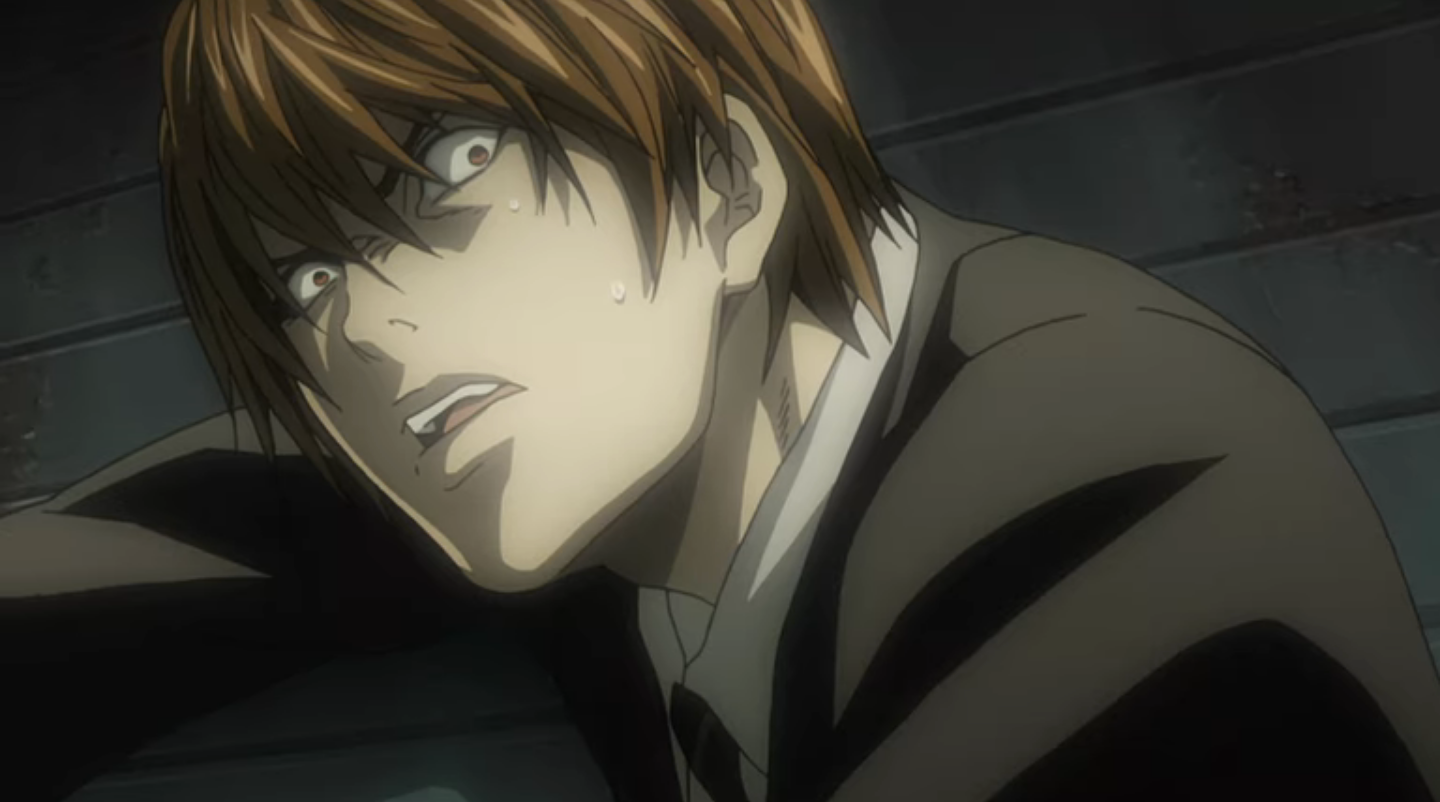
However, his actions attract the attention of the detective L, leading to a deadly game of cat and mouse.While praised for its compelling narrative, criticized for its glorification of morally ambiguous characters and portrayal of justice as a means to achieve personal gain.
The series has been accused of romanticizing violence and manipulation, raising ethical concerns about the consequences of wielding power without accountability.
7) High School DxD
Issei Hyoudou, a perverted high school student, is killed on his first date and reincarnated as a devil by a beautiful senior named Rias Gremory. As a member of the Occult Research Club, Issei deals with angels, demons, and fallen angels while honing his skills as a devil and forming relationships with his fellow club members.
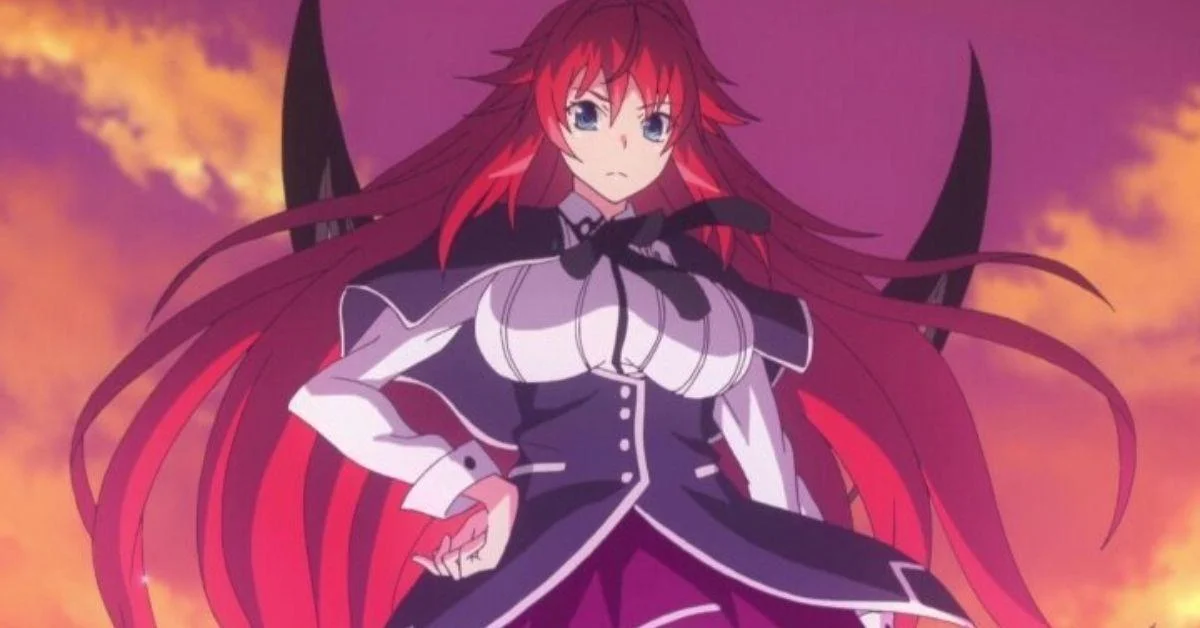
This Anime is known for its shallow characterization and reliance on ecchi tropes, criticized for its objectification of female characters and promotion of sexual harassment for comedic effect.
The series has been accused of perpetuating harmful stereotypes and reinforcing toxic masculinity, particularly through its portrayal of male protagonists as sexually aggressive and entitled.
8) Mirai Nikki
Yukiteru Amano, a shy high school student, discovers he has been chosen as a participant in a deadly survival game where individuals known as diary holders use their future-seeing diaries to eliminate each other.
Teaming up with the mysterious Yuno Gasai, who harbors a dangerous obsession with him, Yukiteru must fight to survive and uncover the truth behind the game’s sinister purpose.
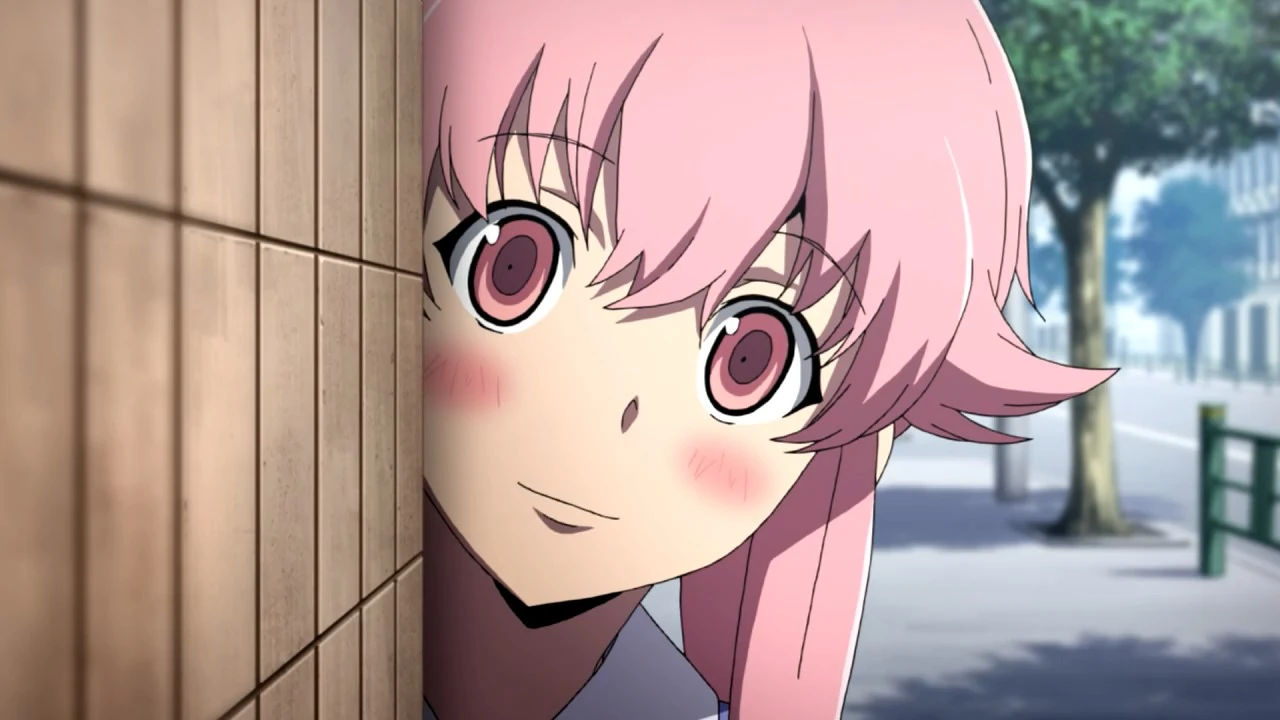
This Anime has been criticized for its gratuitous violence and romanticization of toxic relationships, particularly the portrayal of abusive behavior as romantic and desirable. The series has been accused of glorifying manipulation and control in relationships, perpetuating harmful stereotypes about love and power dynamics.
9)No Game No Life
Siblings Sora and Shiro, known as Blank, are undefeated gamers who are transported to of Disboard, where all conflicts are resolved through games. Determined to conquer this new area and challenge the godlike entity Tet, they set out on a journey filled with strategic battles, mind games, and unlikely alliances.
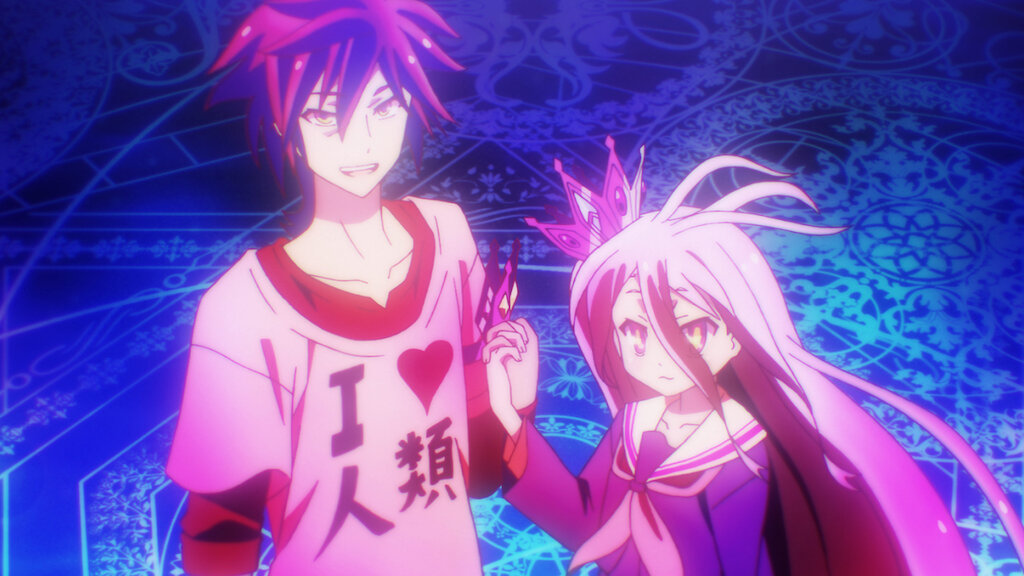
This Anime draws controversy for its sexualized themes and portrayal of underage characters in suggestive situations, normalizing inappropriate relationships and fetishization of youth.
The series has been criticized for its objectification of female characters and promotion of sexualized content, particularly through its use of fan service and suggestive imagery.
10) Tokyo Ghoul:
College student Ken Kaneki undergoes a radical transformation when he becomes the unwilling recipient of ghoul organs. Struggling to come to terms with his new identity as a half-ghoul, Ken must maneuver the deadly streets of Tokyo’s ghoul-infested districts while grappling with his own morality and humanity.
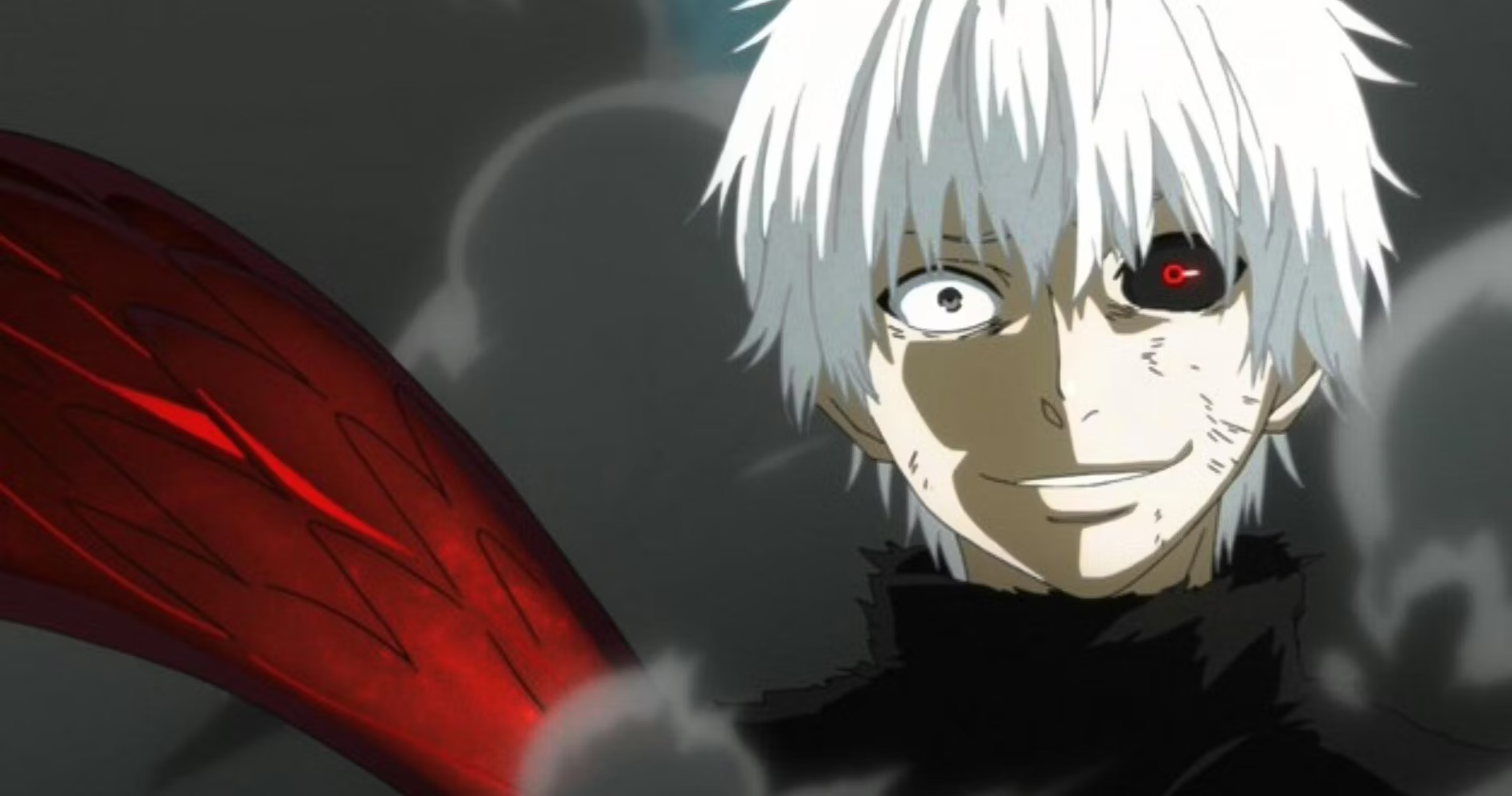
Accused of pacing issues and deviation from the manga’s darker themes, some viewers feeling the series fails to effectively portray its complex narrative and character arcs. The series has been criticized for its inconsistent tone and lack of depth, particularly in its portrayal of violence and psychological horror elements.
11) Elfen Lied:
Lucy, a genetically modified girl with powerful telekinetic abilities, escapes from a secret research facility and heads on a bloody rampage against humanity.
As she seeks revenge for the years of torment and experimentation she endured, Lucy’s path crosses with Kouta, a young man with a tragic past, leading to a confrontation that will alter their lives forever.
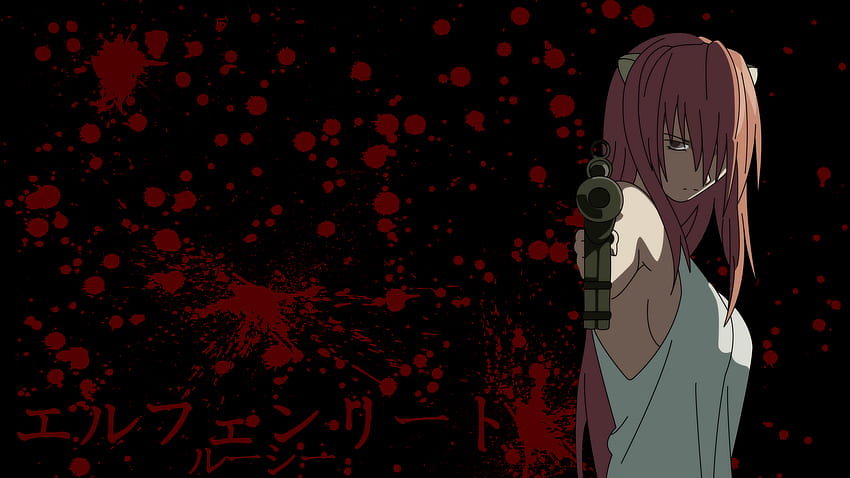
Infamous for its extreme violence and graphic depictions of gore, the Anime is often criticized for its gratuitous use of shock value without meaningful narrative justification.
The series has been accused of relying on exploitative and sensationalist elements to evoke a reaction from viewers, leading to discomfort and unease among audiences.
12) Fate/stay night
“Fate/stay night” follows high school student Shirou Emiya as he becomes embroiled in a deadly battle known as the Holy Grail War. With the help of powerful warriors known as Servants, Shirou must fight other mages and their Servants to obtain the Holy Grail, a magical artifact that grants the power to fulfill any wish.
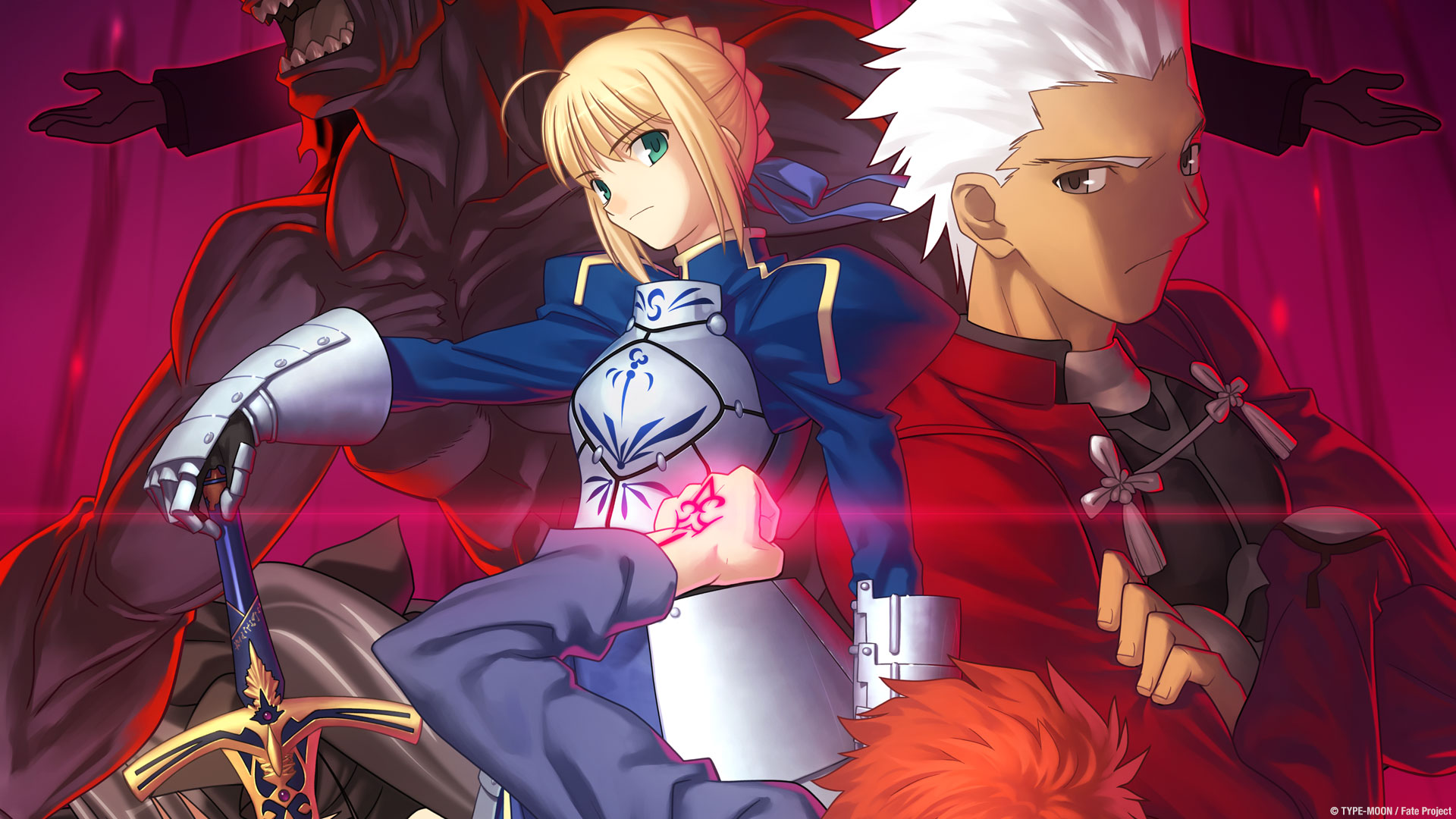
The anime draws criticism for its convoluted plot and inconsistent characterization, with some viewers feeling that the series fails to portray its complex lore and themes.
The series has been accused of relying too heavily on exposition and exposition dumps, resulting in a lack of emotional depth and connection with the characters.
13) Bakemonogatari
Bakemonogatari” introduces Koyomi Araragi, a high school student who survives a vampire attack and gains supernatural abilities. He encounters various girls afflicted by supernatural curses and helps them overcome their problems while facing his own inner demons.
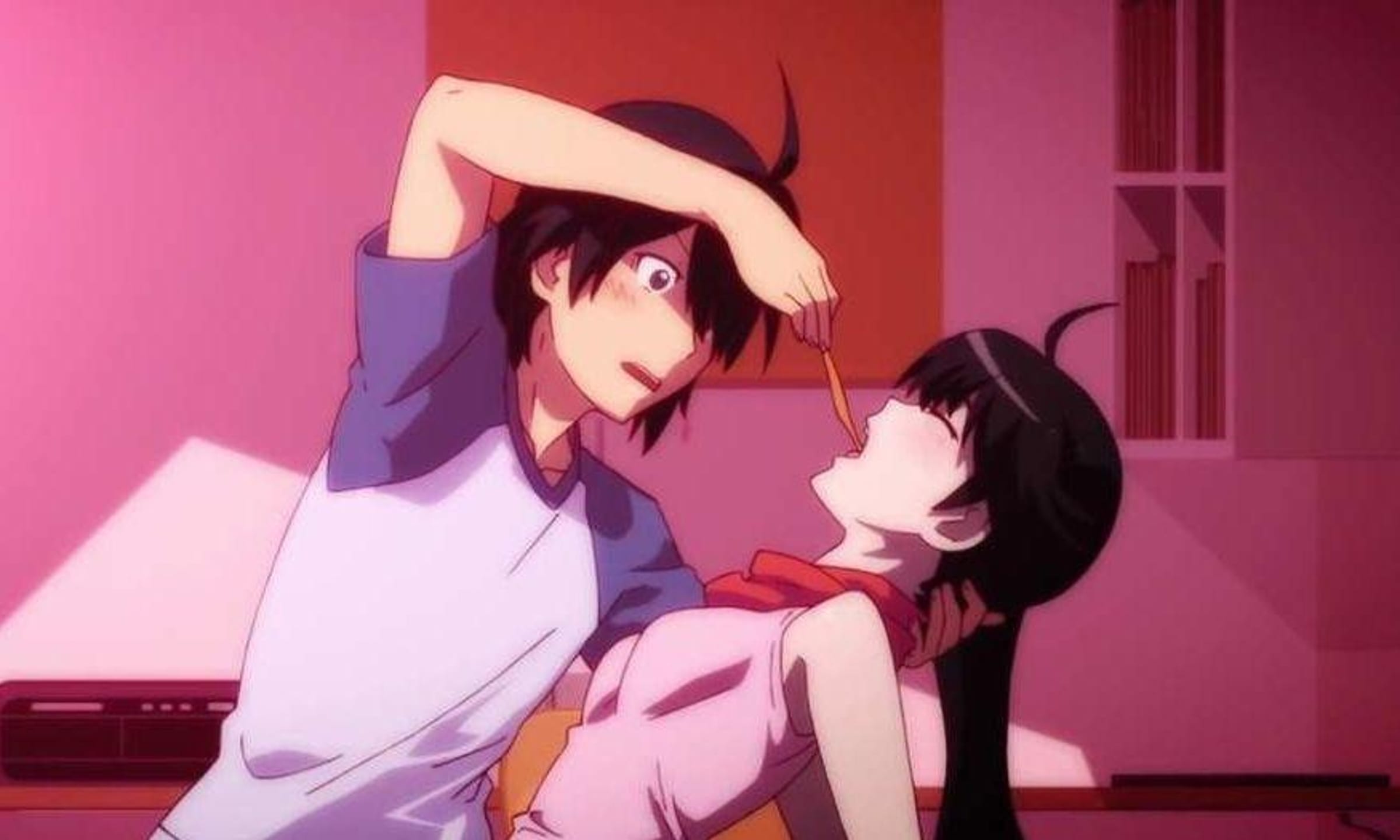
Known for its dense dialogue and abstract storytelling style, the series was criticized for its over-reliance on wordplay and esoteric references that can be inaccessible to casual viewers.
The series has been accused of prioritizing style over substance, with some critics feeling that its intricate narrative structure detracts from the cohesiveness of the story.
14) Akame ga Kill!
Authored by Takahiro and illustrated by Tetsuya Tashiro, and animated by White Fox, “Akame ga Kill!” follows Tatsumi as he joins an assassination group known as Night Raid to overthrow the corrupt Empire.
The Anime was criticized for its gratuitous violence and portrayal of graphic content without meaningful narrative justification, leading to accusations of exploitation and sensationalism.
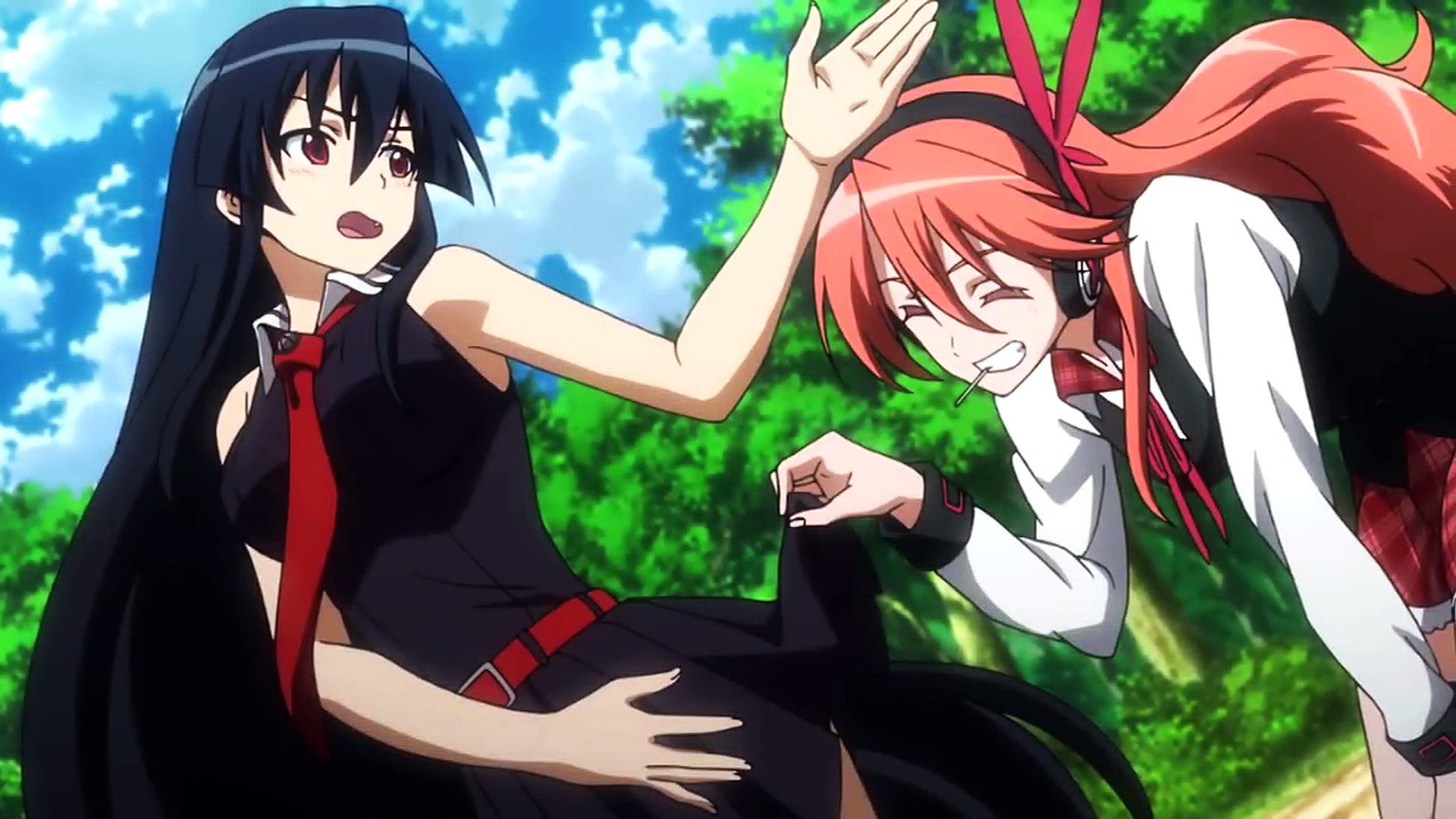
The series has been accused of prioritizing shock value over storytelling, resulting in a lack of emotional depth and resonance with the audience.
15) Nisemonogatari
“Nisemonogatari” continues the story of Koyomi Araragi as he maneuvers the supernatural and encounters various oddities. With the help of his friends and allies, Koyomi must confront new threats and unravel the mysteries surrounding the aberrations that plague his town.
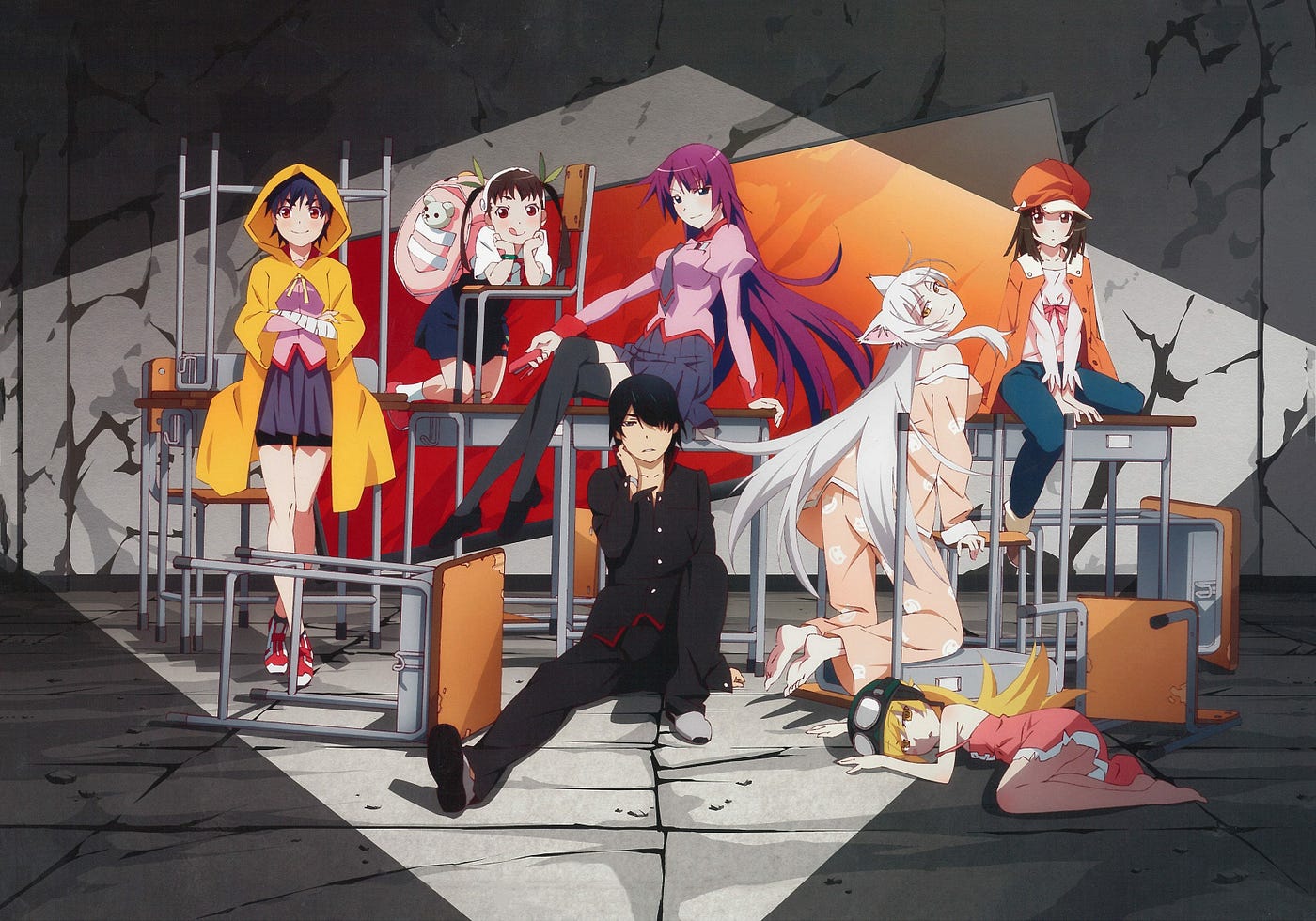
The Anime draws controversy for its explicit fan service and provocative imagery, particularly in its portrayal of incestuous themes and sexualized interactions between characters.
The series has been accused of normalizing inappropriate relationships and fetishization of taboo subjects, leading to discomfort and criticism from viewers.
16) Aku no Hana (Flowers of Evil)
“Aku no Hana” (Flowers of Evil) centers on Takao Kasuga, a bookish student who steals the gym clothes of his crush, Nanako Saeki. When a troubled classmate, Sawa Nakamura, witnesses the act, she blackmails Takao into a twisted relationship that pushes him to confront his darkest desires and the hypocrisy of society.
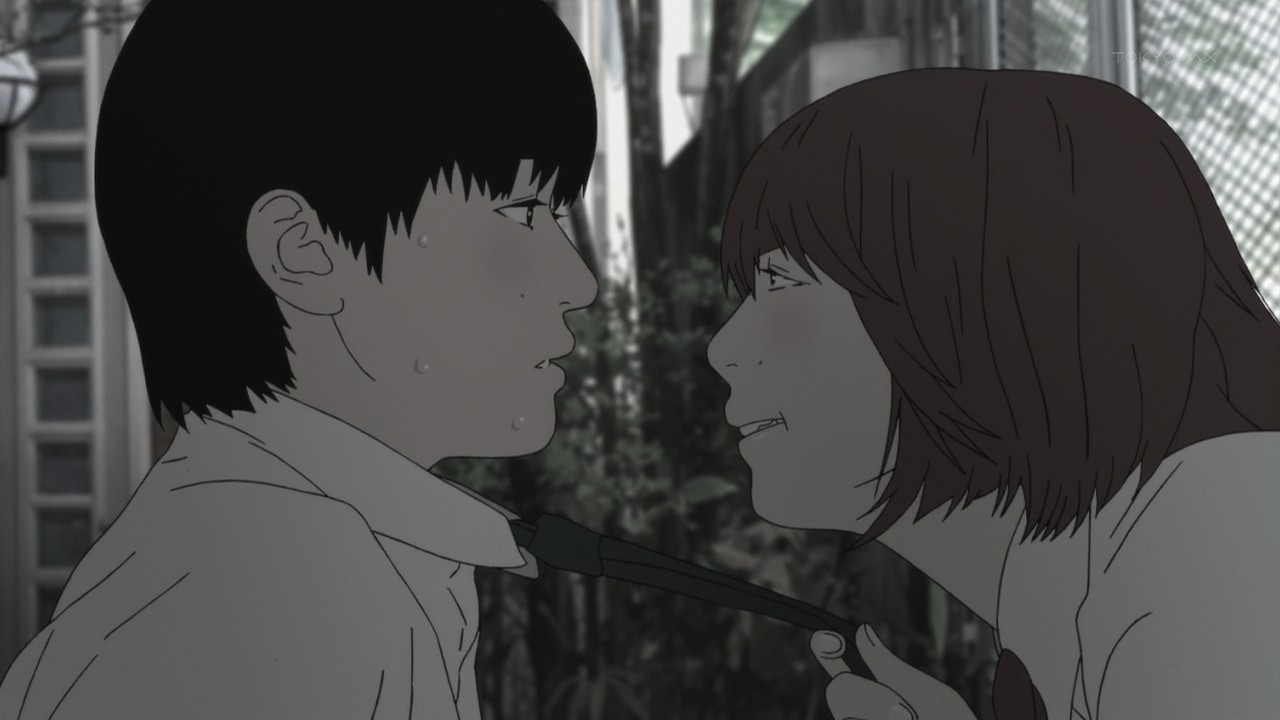
The Anime is infamous for its unconventional animation style and dark thematic elements, often criticized for its slow pacing and lack of traditional narrative structure.
The series has been accused of alienating viewers with its experimental approach to storytelling, resulting in polarizing reactions and mixed reviews from audiences.
17) Deadman Wonderland
Ganta Igarashi’s life is turned upside down when his entire class is massacred by a mysterious red man and he is framed for the crime.
Sent to Deadman Wonderland, a privately operated prison where inmates are forced to participate in deadly games for entertainment, Ganta must survive the brutal environment while uncovering the truth behind the conspiracy that ruined his life.
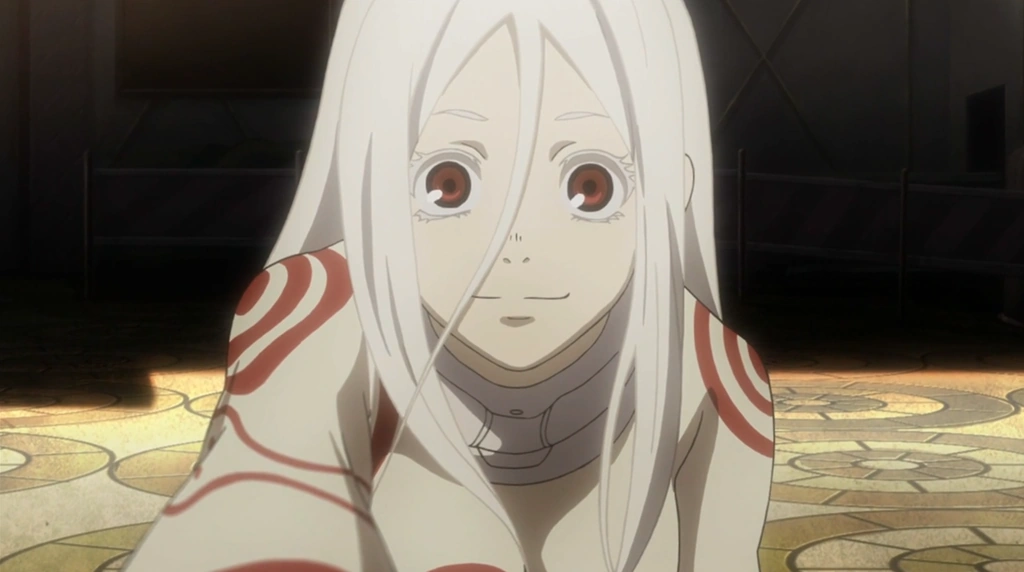
Known for its graphic violence and disturbing imagery, the Anime was criticized for its portrayal of gore and trauma without meaningful discussion of its psychological impact.
The series has been accused of sensationalizing dark themes and exploiting shock value for entertainment purposes, leading to discomfort and unease among viewers.
18) Mars of Destruction
“Mars of Destruction” follows a team of soldiers as they investigate mysterious creatures known as Ancients, who have begun attacking humanity. As they uncover the truth behind the Ancients’ origins, they face increasingly dangerous encounters that threaten the fate of humanity itself.
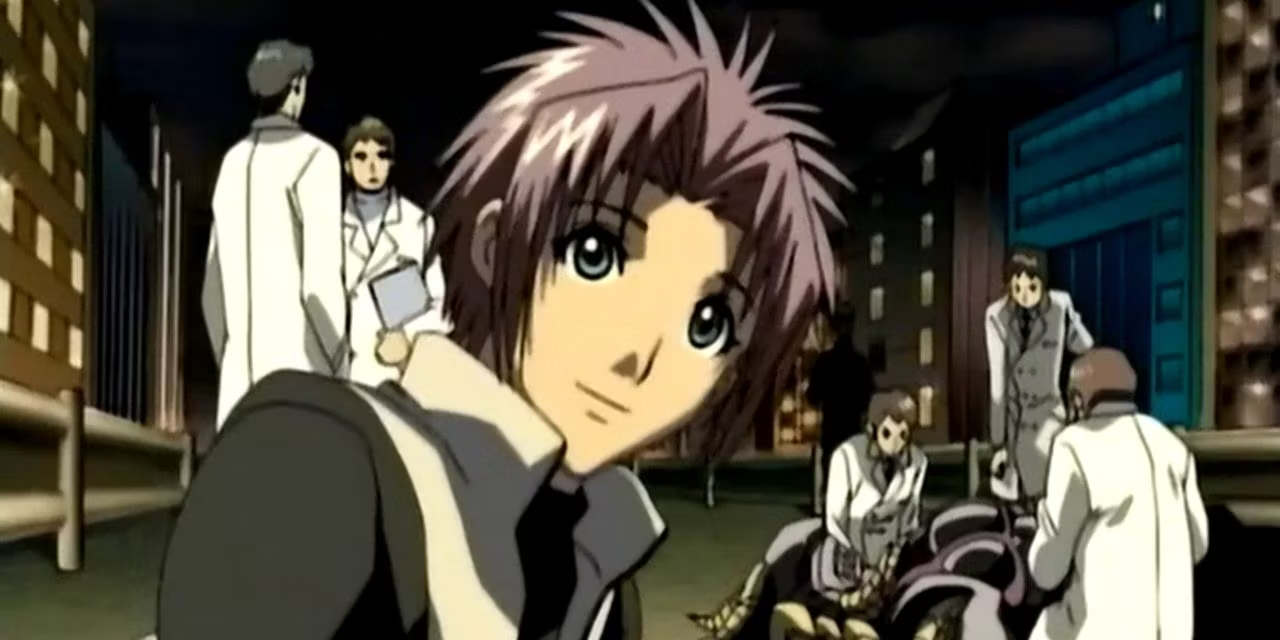
Notorious for its poor animation quality and nonsensical plot, the Anime is often cited as one of the worst anime ever made due to its lack of coherent storytelling and unengaging characters. The series has been widely mocked and criticized for its amateurish production values and lack of redeeming qualities.
19) Pupa
“Pupa” revolves around siblings Utsutsu and Yume Hasegawa, who become infected with a mysterious virus that transforms Yume into a flesh-eating monster. As Utsutsu desperately tries to protect his sister, he discovers dark secrets surrounding their family’s past and the origin of the virus.
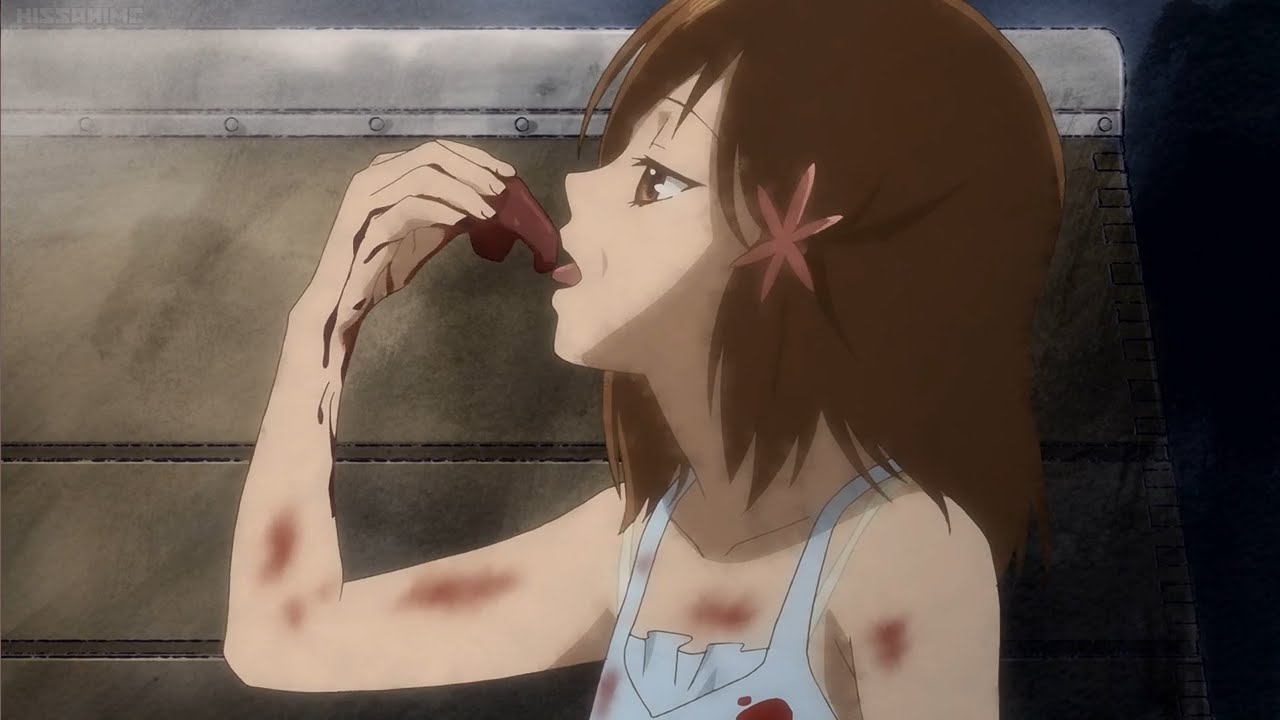
The Anime draws controversy for its disturbing content and portrayal of graphic violence, particularly its depiction of cannibalism and incestuous themes. The series has been accused of exploiting shock value for entertainment purposes, leading to discomfort and criticism from viewers.
20) Sekai de Ichiban Tsuyoku Naritai! (Wanna Be the Strongest in the World!)
“Sekai de Ichiban Tsuyoku Naritai! (Wanna Be the Strongest in the World!)” follows the journey of Sakura Hagiwara, a pop idol who decides to pursue a career in professional wrestling to become the strongest in the world.
Along the way, she faces intense training, fierce competition, and the challenges of balancing her newfound career with her idol persona.
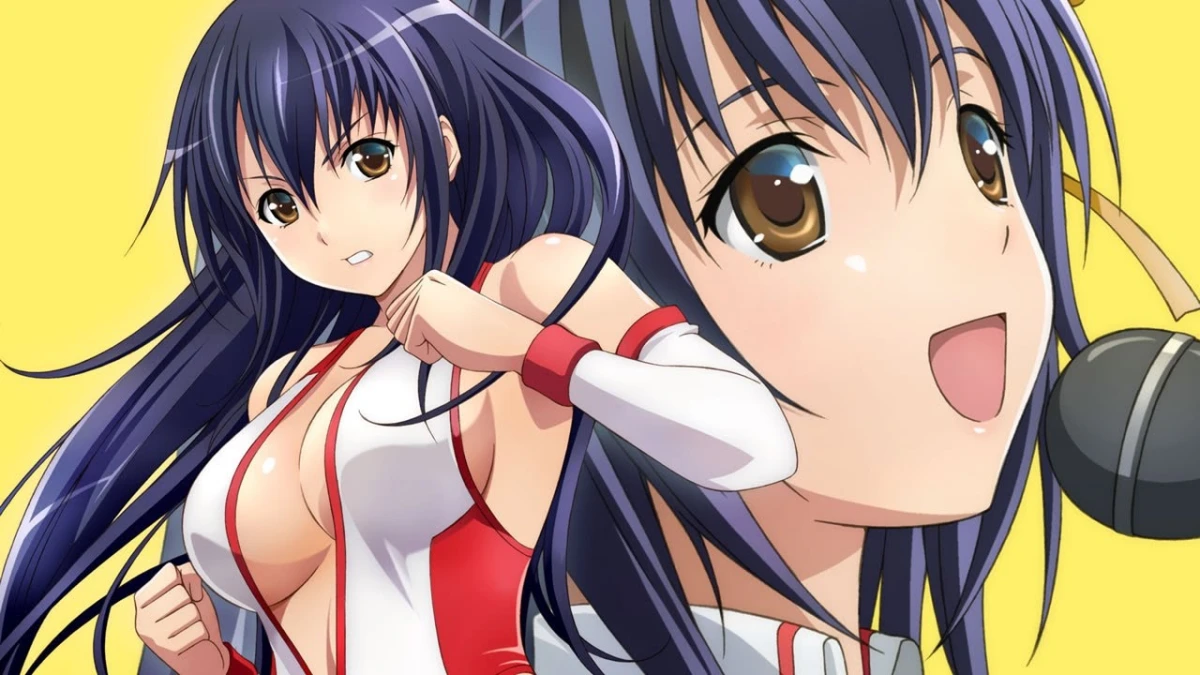
The Anime faced backlash for its exploitative portrayal of female wrestlers and emphasis on fan service over meaningful storytelling, perpetuating harmful stereotypes and objectification of women. The series has been accused of prioritizing sexualized content over character development, resulting in shallow characterization and lack of depth.
21) Berserk
“Berserk” follows the journey of Guts, a lone mercenary with a tragic past, as he battles demonic forces in a medieval era filled with political intrigue and dark magic.
The anime deals with themes of vengeance, betrayal, and the struggle for survival amidst a brutal and unforgiving reality.
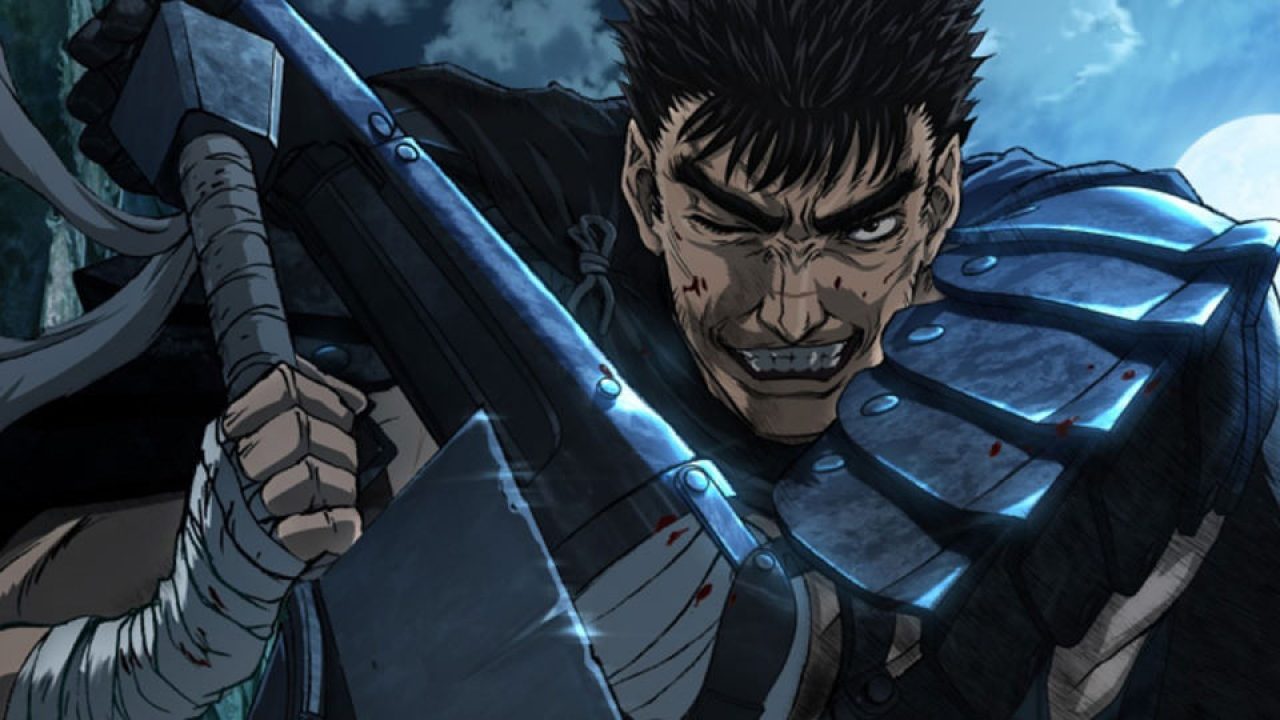
While acclaimed for its complex characters and dark atmosphere, “Berserk” has faced criticism for its graphic violence, sexual content, and portrayal of disturbing themes such as rape and trauma, which can be triggering for some viewers.
Additionally, the anime’s non-linear storytelling and abrupt ending have left fans unsatisfied and longing for a more cohesive adaptation of the source material.
22) Usagi Drop
“Usagi Drop” follows the story of Daikichi Kawachi, a single man in his thirties who unexpectedly becomes the guardian of Rin Kaga, his grandfather’s illegitimate six-year-old daughter.
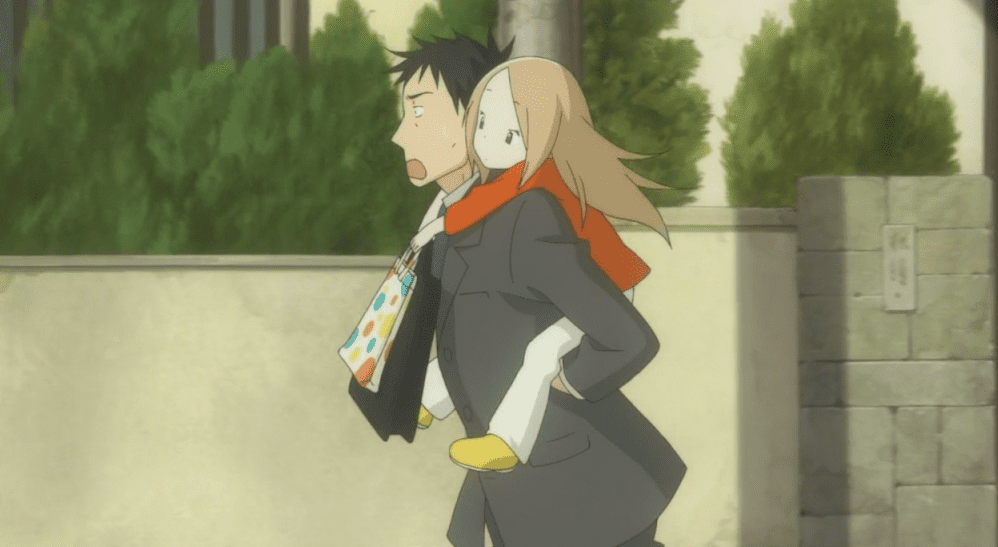
As Daikichi maneuvers the challenges of single parenthood, he forms a heartwarming bond with Rin and learns valuable lessons about love, responsibility, and the joys of family.
While the first half of the anime is celebrated for its heartwarming portrayal of the bond between Daikichi and Rin, the second half has faced criticism for its controversial narrative direction in the manga source material.
Without revealing spoilers, the time skip and romantic implications between Daikichi and Rin in the manga’s later chapters have sparked debate and discomfort among fans, leading some to question the appropriateness of the storyline and its portrayal of intergenerational
23) Wolf Girl And Black Prince
“Wolf Girl and Black Prince” centers on the tumultuous relationship between Erika Shinohara, a high school girl desperate to fit in, and Kyoya Sata, a manipulative and domineering classmate who agrees to pretend to be her boyfriend.
As their fake relationship evolves, Erika struggles with Kyoya’s controlling behavior and the emotional toll it takes on her self-esteem.
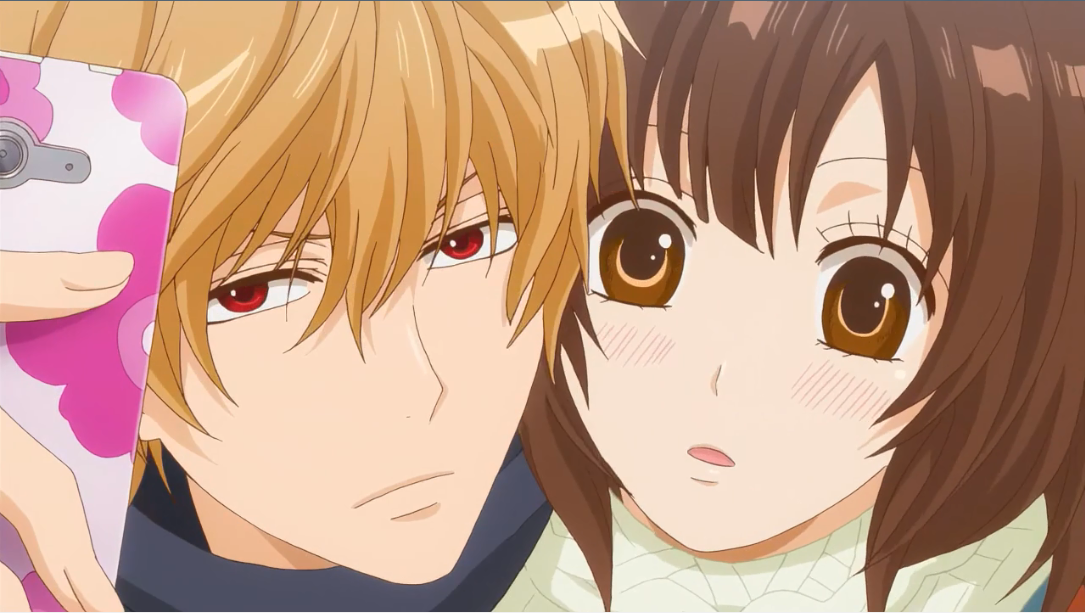
Critics have raised concerns about the toxic dynamics depicted in the series, including emotional manipulation, gaslighting, and the normalization of possessive behavior in romantic relationships.
While the anime deals with identity and self-discovery, its romanticization of unhealthy relationship dynamics has drawn criticism for potentially perpetuating harmful stereotypes about love and consent.
24) Citrus
“Citrus” follows the story of Yuzu Aihara, a fashionable and outgoing high school girl who transfers to a strict all-girls’ school, where she clashes with the cold and aloof student council president, Mei Aihara, who also happens to be her stepsister.
As their tumultuous relationship unfolds, Yuzu grapples with her growing feelings for Mei amidst the complex dynamics of their family and social environment.
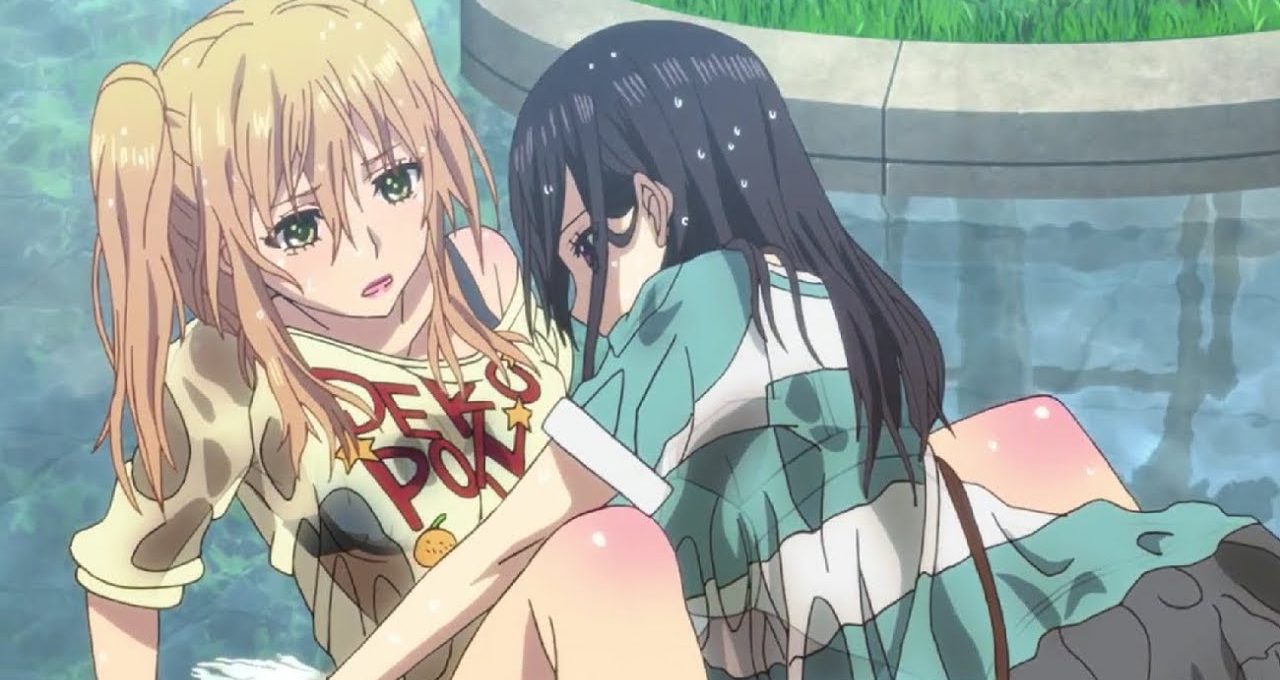
While praised for its portrayal of same-sex relationships and themes of identity and acceptance, “Citrus” has been criticized for its depiction of non-consensual and exploitative behavior between the two main characters.
Some viewers have raised concerns about the power imbalance inherent in Mei and Yuzu’s relationship, as well as the sexualization of underage characters, which can be uncomfortable and inappropriate.
25) Attack On Titan
“Attack on Titan” is set in a reality where humanity resides within massive walled cities to protect themselves from giant humanoid creatures known as Titans.
The story follows Eren Yeager and his friends as they join the military to fight against the Titans and uncover the truth behind their existence.
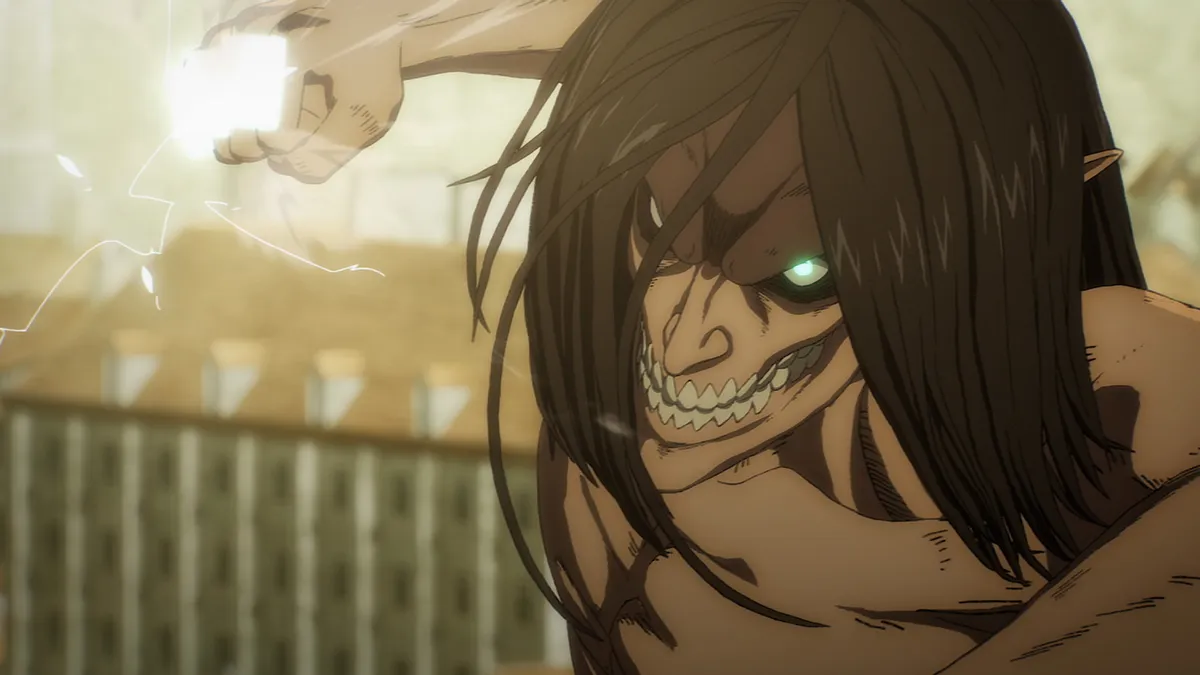
Despite its widespread popularity and critical acclaim, “Attack on Titan” has faced controversy over its portrayal of violence, particularly its graphic depictions of warfare, death, and themes of genocide.
Some viewers have criticized the series for its use of fascist imagery and themes, as well as its handling of sensitive topics such as nationalism and xenophobia.
Memes of the Day
Kyonyuu Hitozuma Onna Kyoushi Saimin
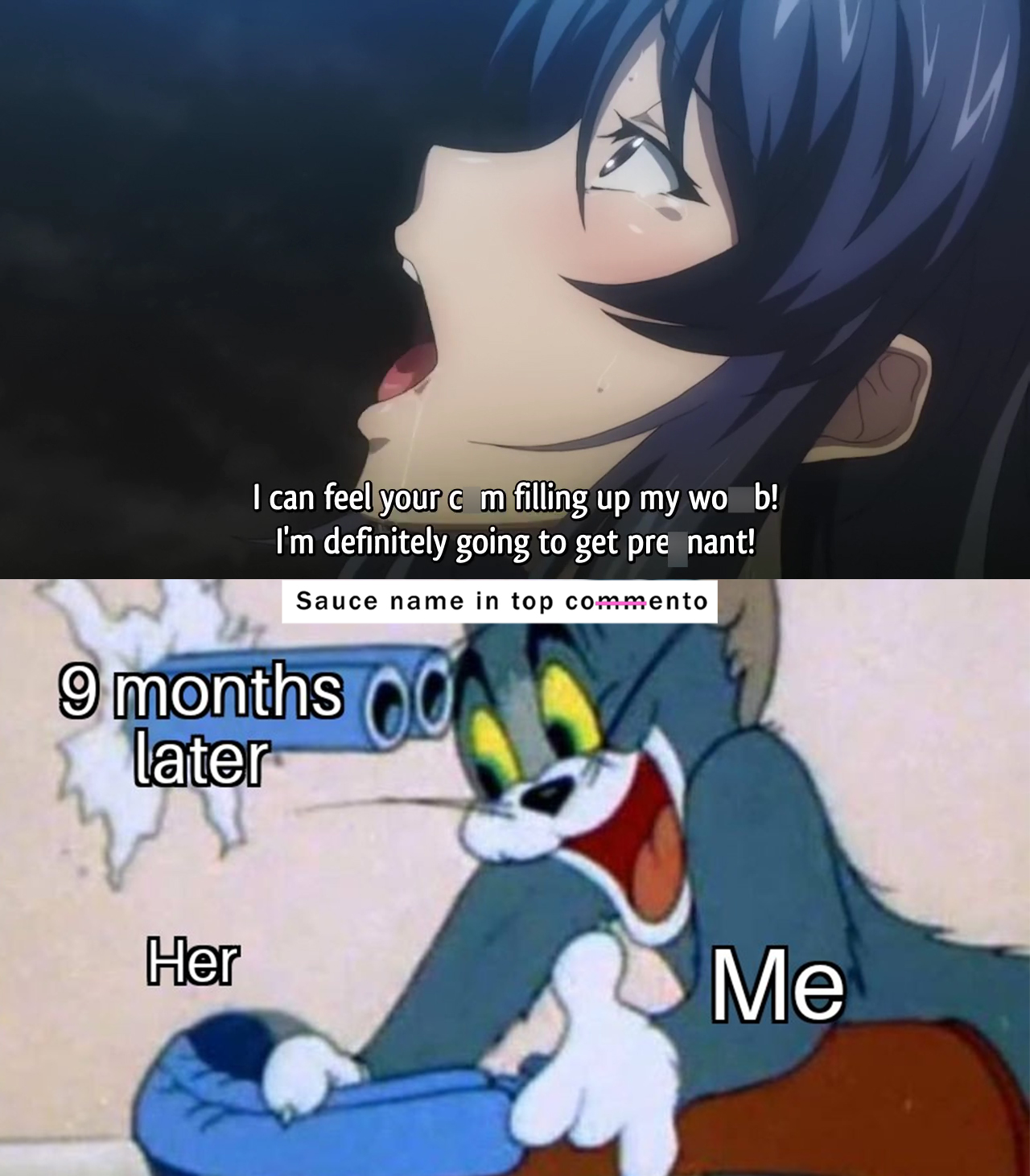
Reality quest

Chained Soldier

JK Ikinari Doukyo? Micchaku!? Hatsu Ecchi!!?
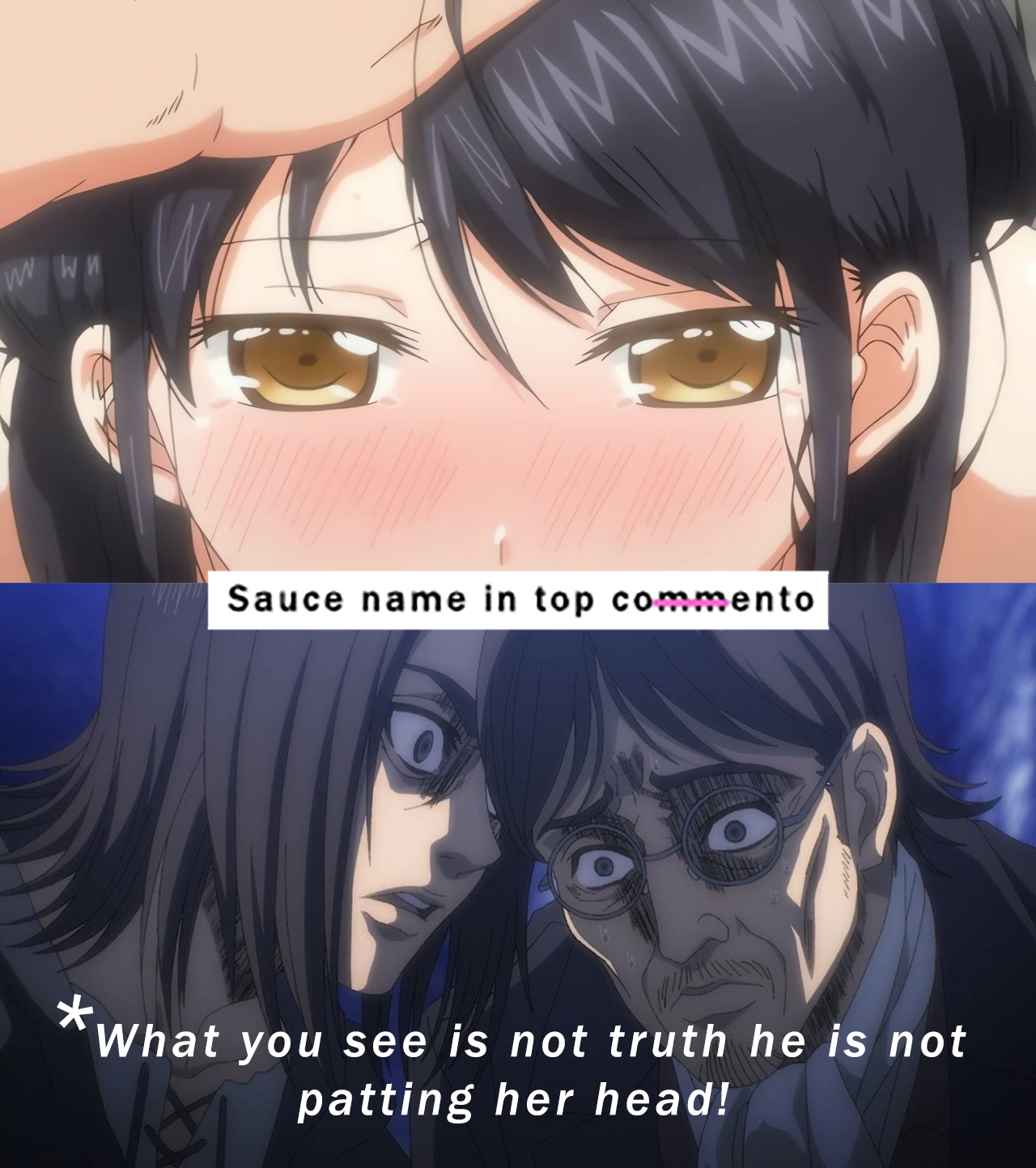
Unholy Blood
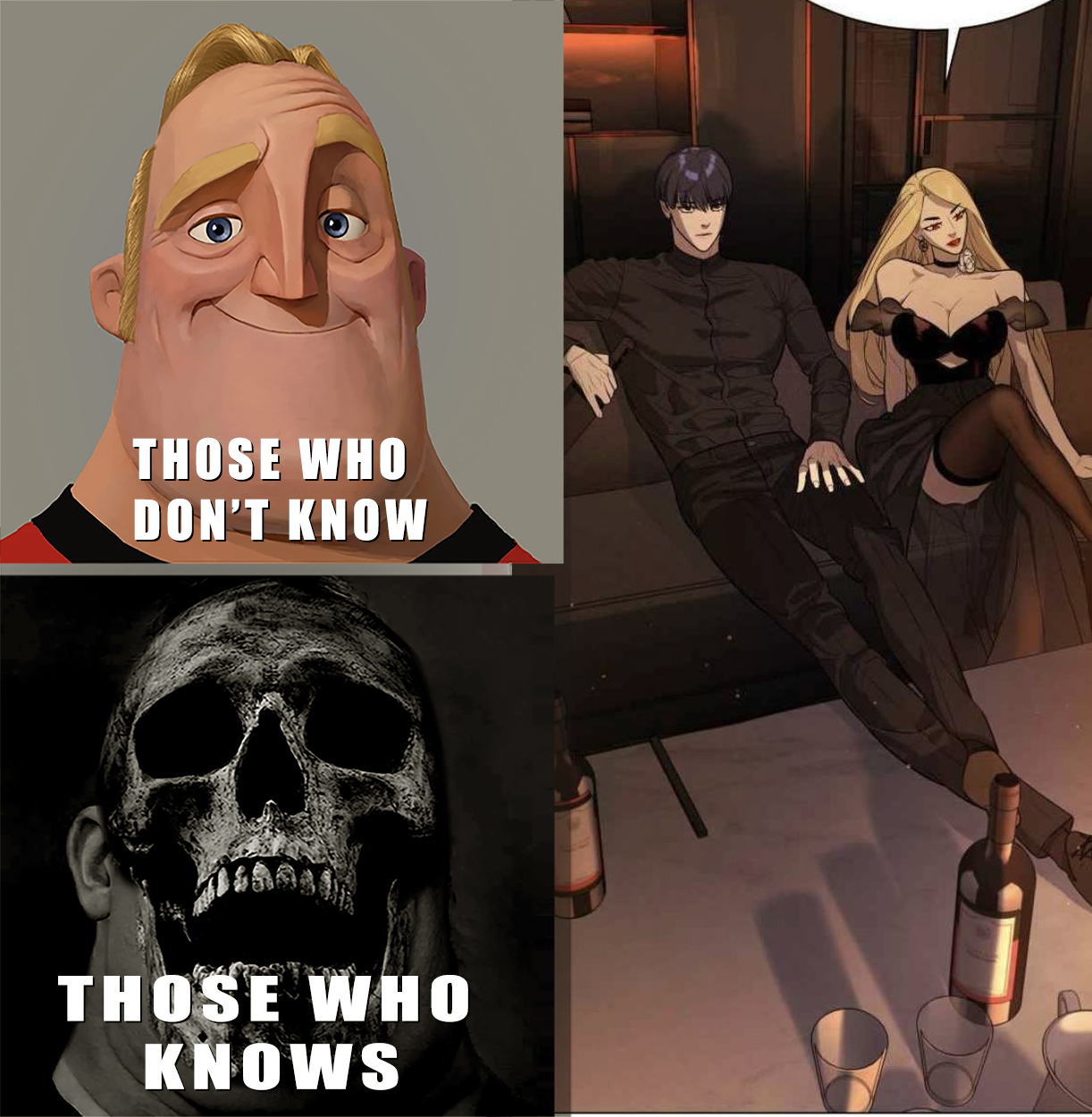
Pixiv 116955697
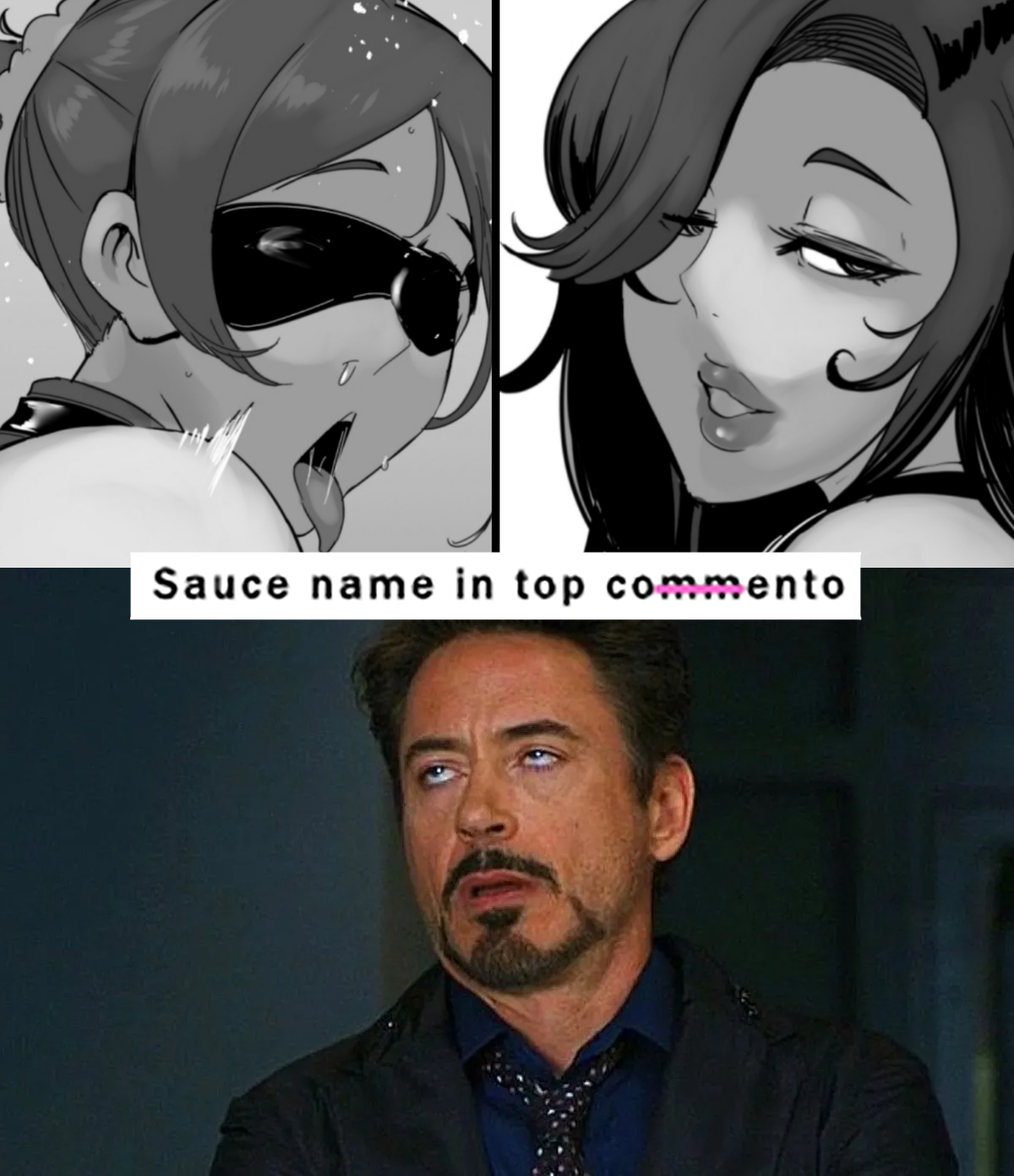
Search – Pixiv 118744770
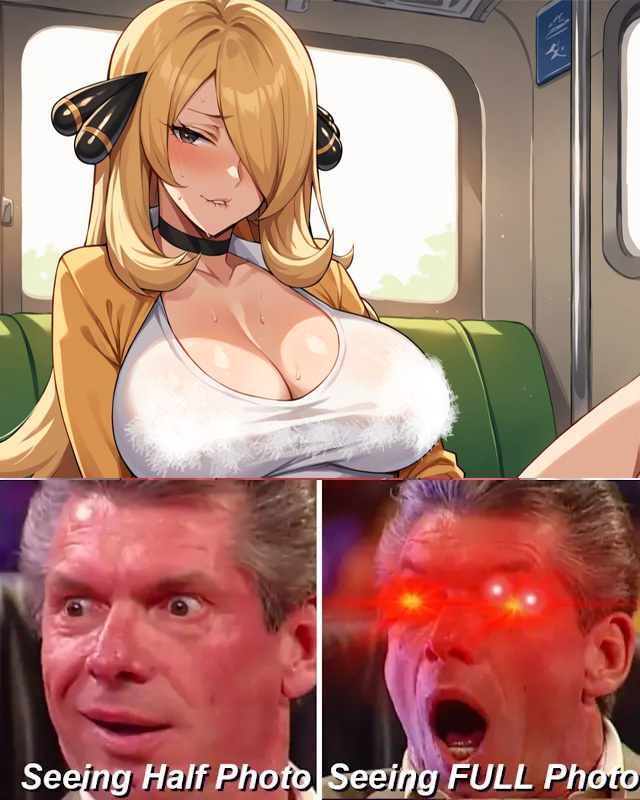
Sauce: Until The Tall Kouhai and the Short Senpai Develops a Romance
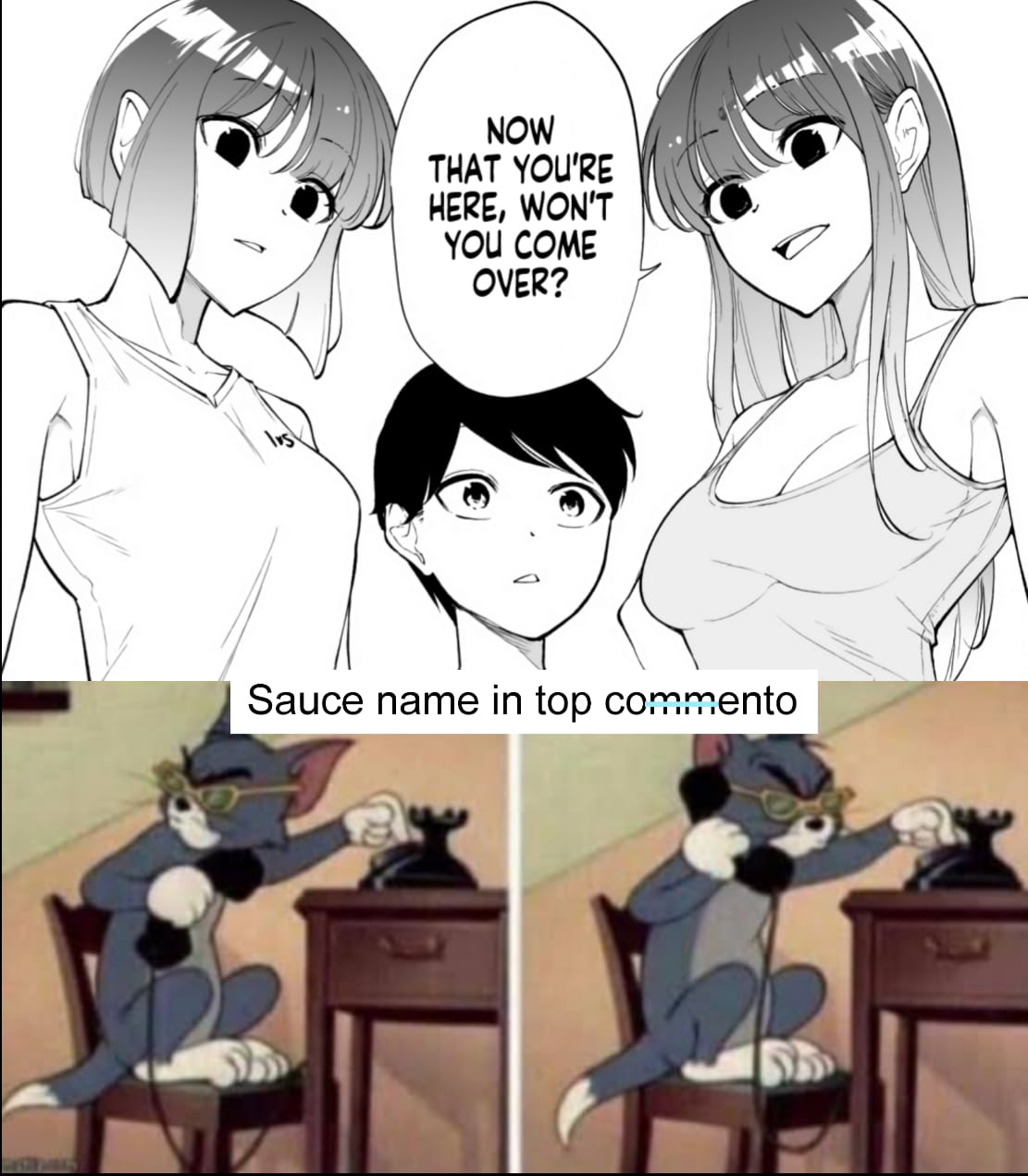
Kanojo no Okaa-san ni Doutei o Ubawareru Hanashi 2
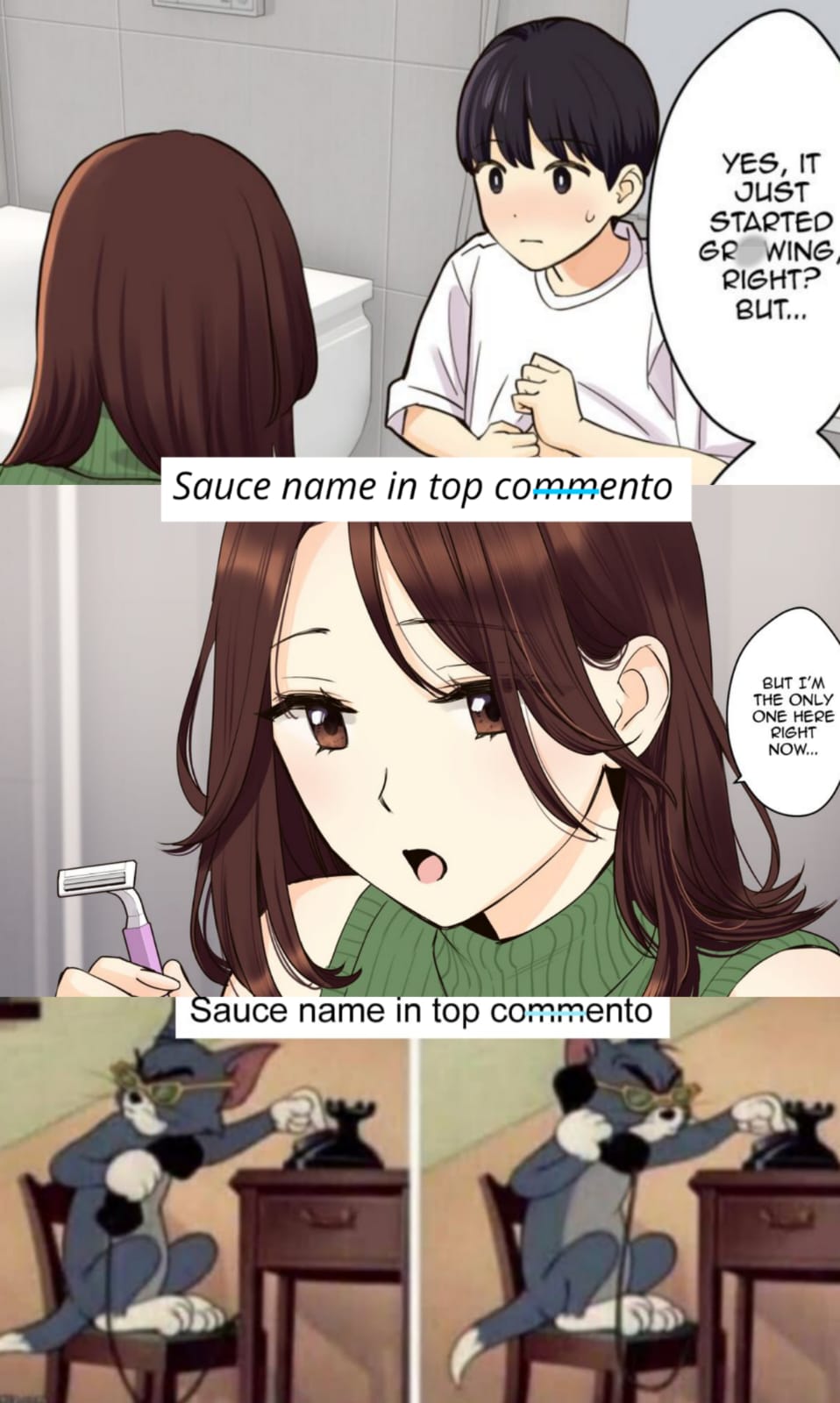
Two Classmates (Classroom of the Elite)

Kyonyuu Dosukebe Gakuen
